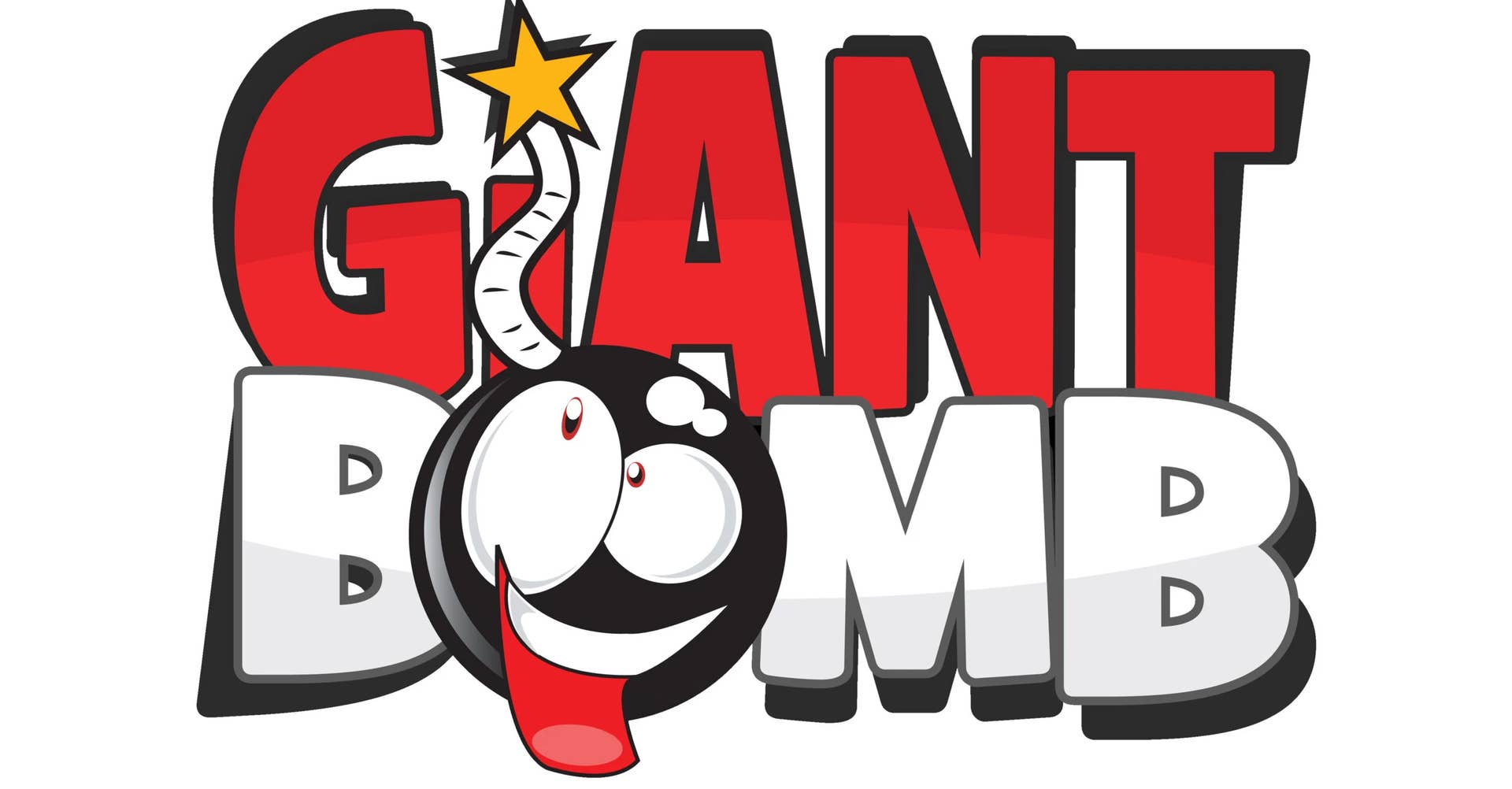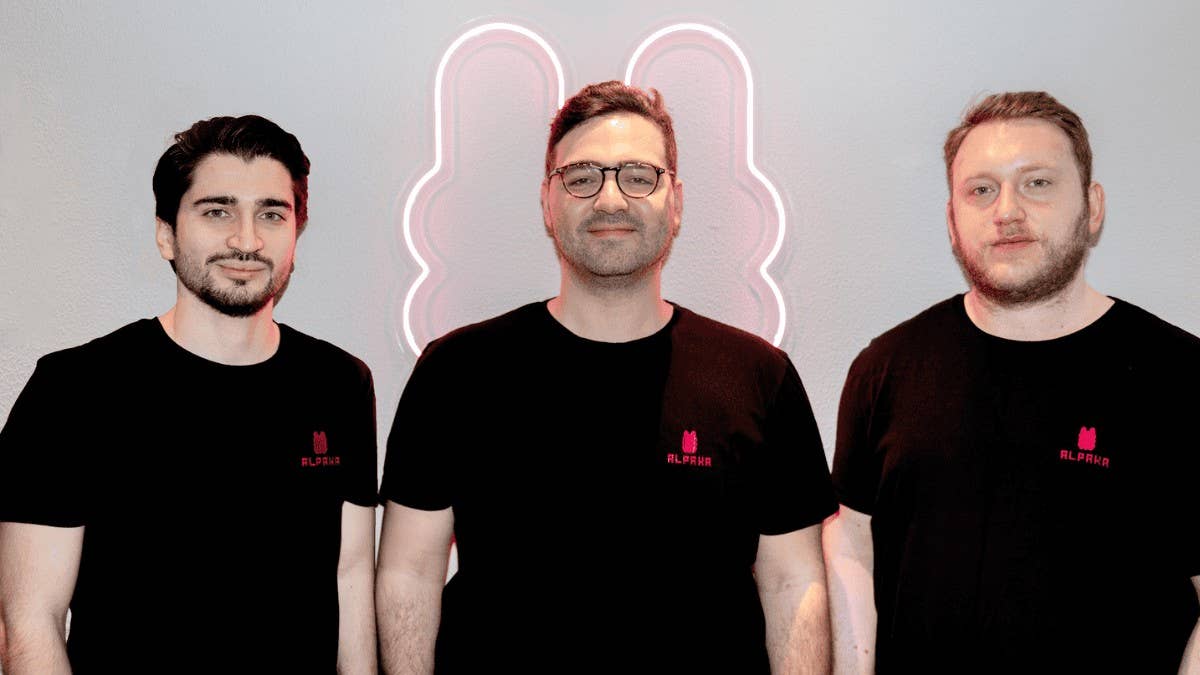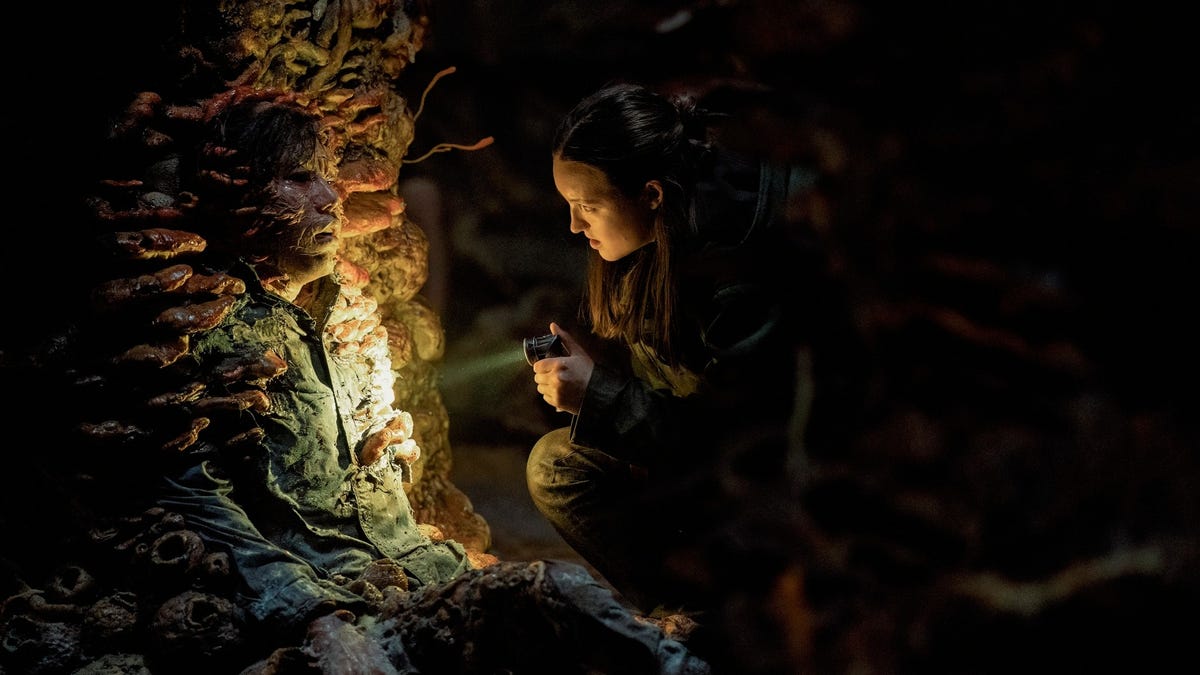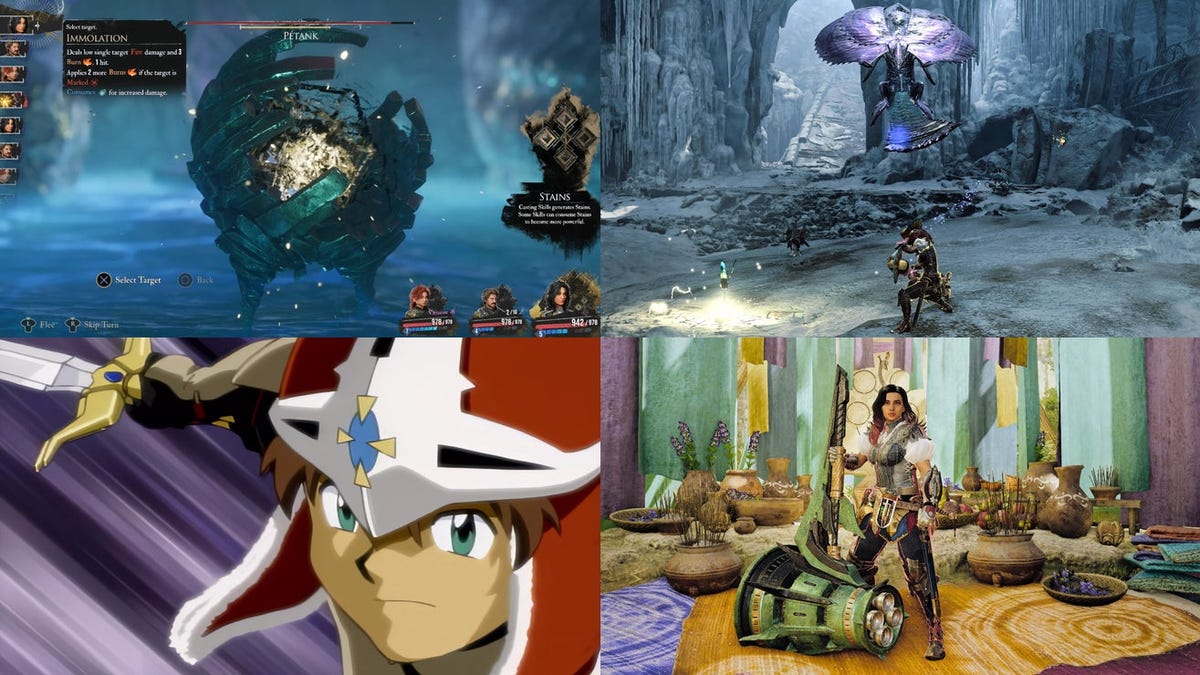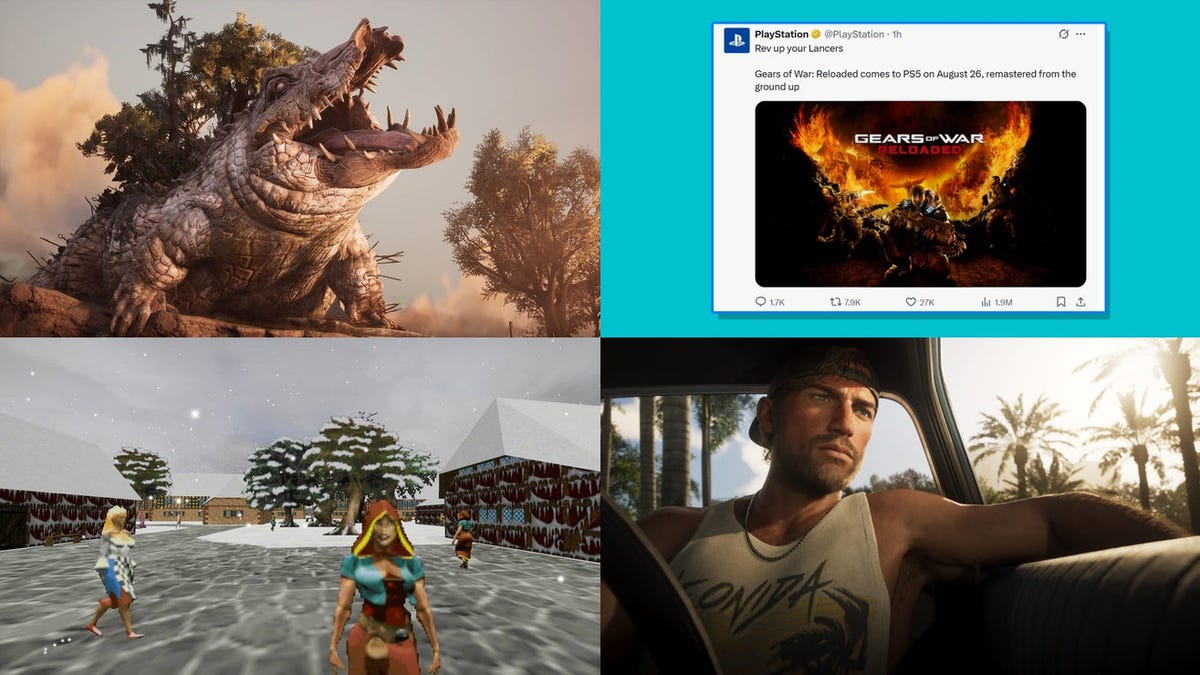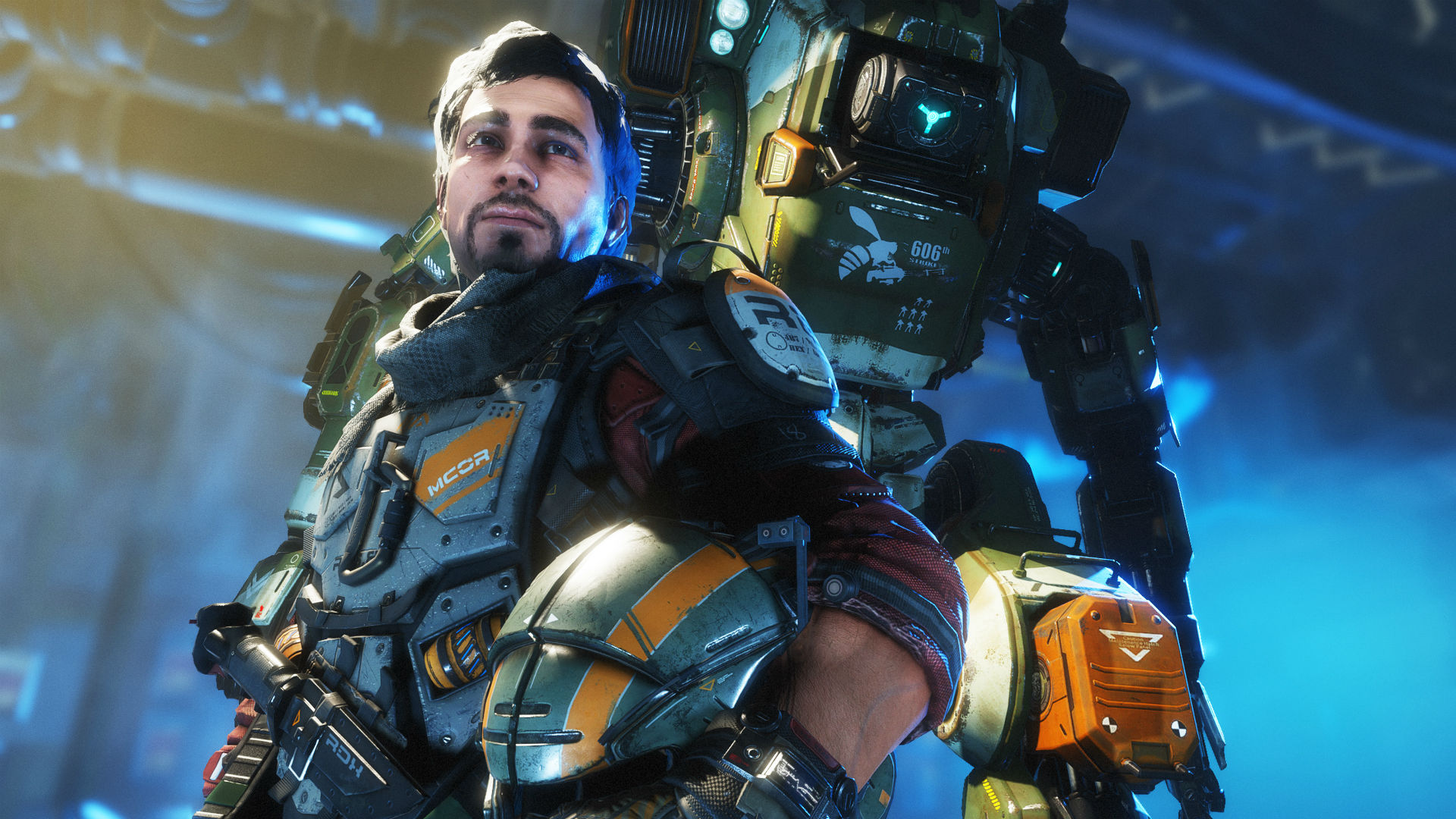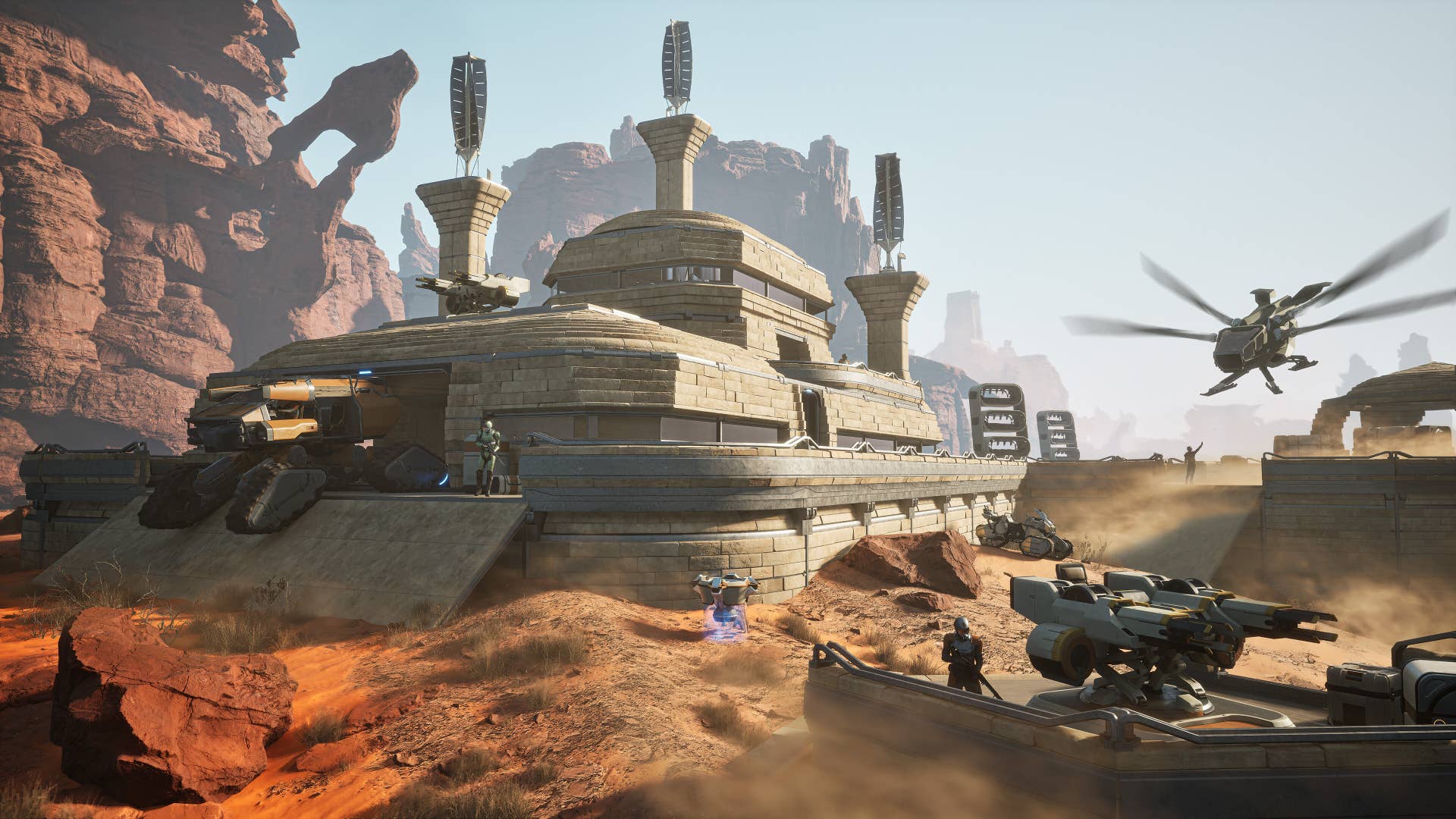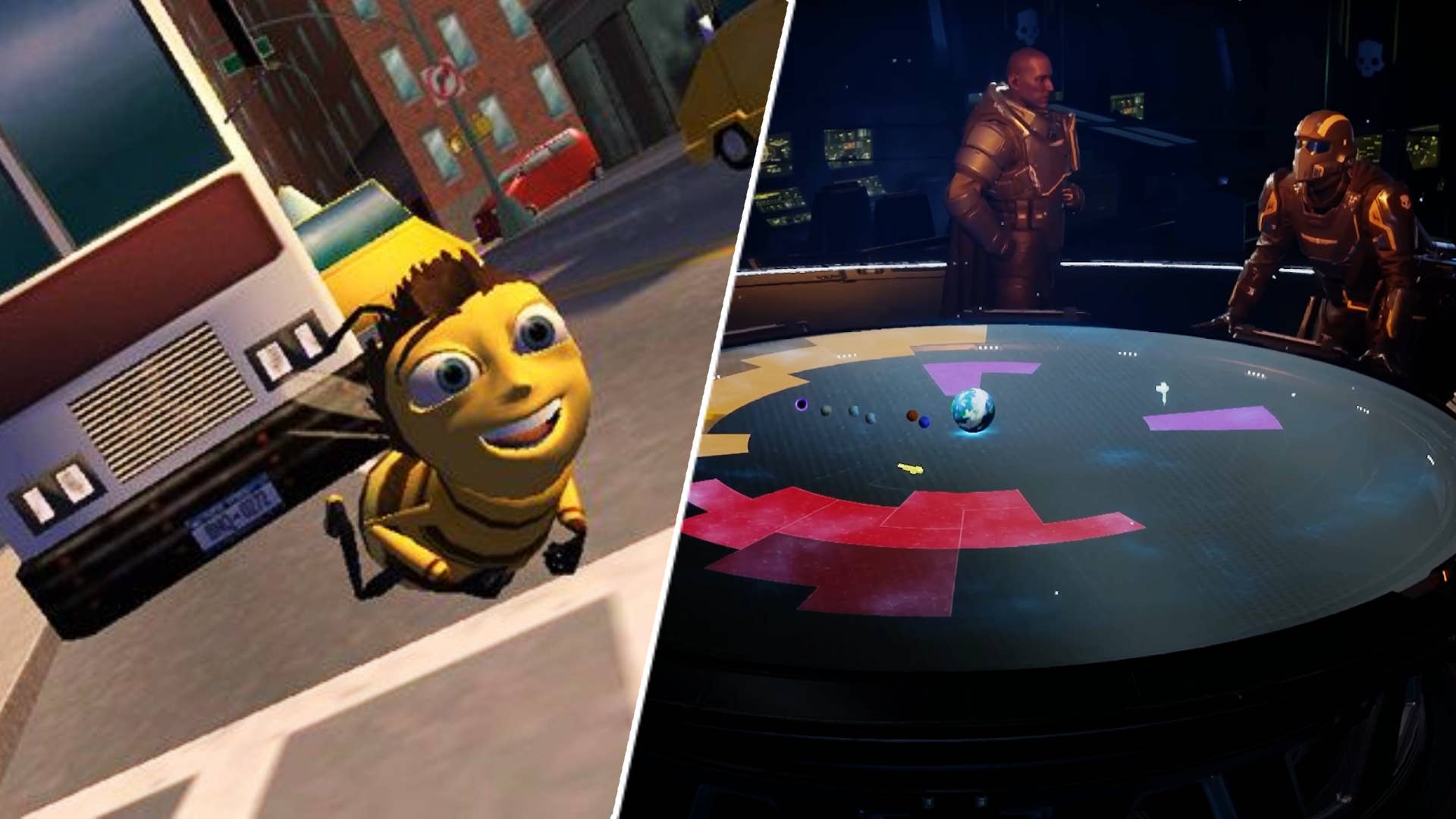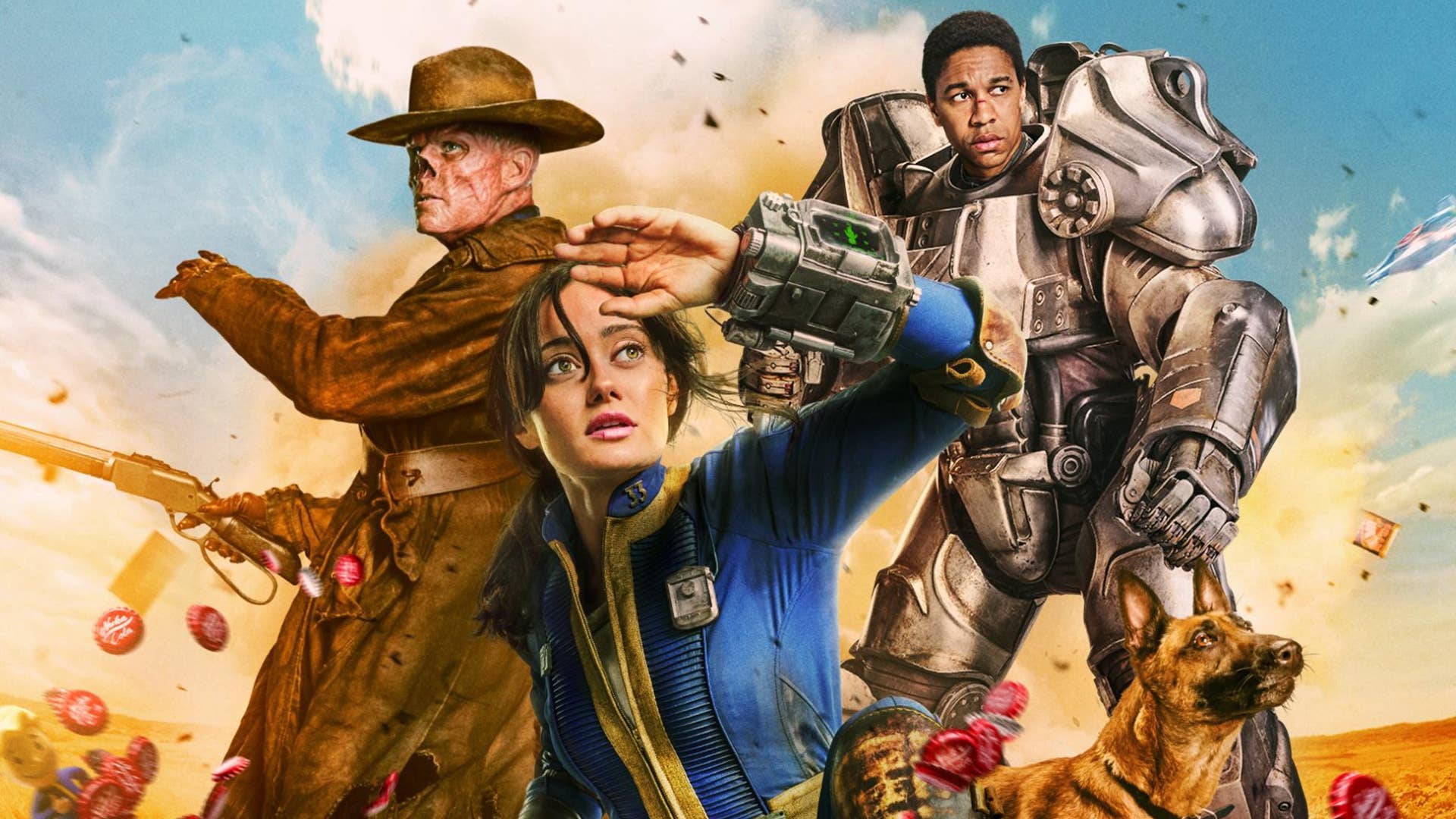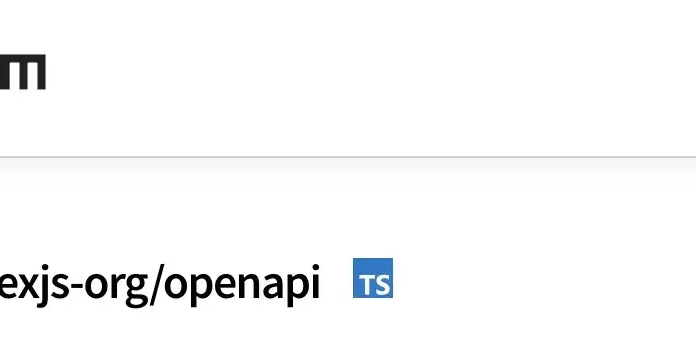Bridging Brilliance and Blunder
Beneath the noise of internet forums and viral memes, a fascinating reflection stares back at us. It juxtaposes artificial intelligence—consistent, precise, and relentlessly efficient—with what users affectionately term "natural stupidity," the charming catalogue of everyday human errors. This humorous contrast isn't merely jest; it captures the essence of our paradoxical relationship with the technology we ourselves have crafted. In recognising both our ingenuity and our imperfections, we frame a dialogue that reveals profound truths about humanity, technology, and our entwined destinies. The Astonishing Advance of AI Over the last decade, artificial intelligence has vaulted from speculative fiction into the very fabric of our daily lives. Innovations from OpenAI's GPT-4 to Anthropic's Claude signal not just iterative improvements but radical leaps forward, allowing AI to synthesise text, image, and audio with remarkable fluidity. Contextual reasoning and creative expression, once steadfastly human domains, now lie firmly within AI's grasp. Systems such as AutoGPT push boundaries further, conducting multi-step tasks autonomously with minimal human oversight. They are invaluable in environmental models, robotics, and disaster management, effortlessly analysing complexities beyond human reach. The healthcare sector specifically benefits profoundly from AI's ascent. Diagnostics gain sharp precision, identifying subtle regressive patterns hidden deep within medical records or genetic codes. AI-driven robotic surgeries carry less risk and yield swifter recoveries, while resource allocation strategies maximise hospital efficiency. Parallel advances in autonomous vehicles highlight AI's transformative potential in urban mobility. Dr Amara Hussain crystallises the moment succinctly: "We are not merely witnessing technological evolution. Instead, artificial intelligence compels us to rethink our definition of intelligence itself—challenging the traditional borderlines separating human capability and machine achievement." The Human Comedy of Error Yet, standing in sharp contrast, emerges humanity's fondness for comic folly: misplaced documents, unmuted microphones, grocery basket confusions. These seemingly minor mishaps become endearing when juxtaposed with AI's near-flawless operations, shining a warm, sympathetic light on human imperfection. Cognitive psychologist Dr Eleanor Bennett explains this paradox elegantly: "Our brains evolved to favour speed over accuracy, using quick approximations rather than time-consuming computations. Ironically, these mental shortcuts—usually beneficial—occasionally produce delightful moments of absent-mindedness and oversight." Studies into human attention confirm that our multitasking drops productivity by up to 40%, highlighting a stark divide compared to AI's masterful management of simultaneous, multivariate tasks. These humorous episodes illuminate our natural human limits, inviting reflection rather than criticism. When Memes Become Mirrors Internet memes capturing the comic dissonance between superior AI performance and everyday human struggles rapidly become cultural artefacts. They reflect our deeper anxieties and fascinations by transforming complex technological shifts into relatable, manageable humour. As digital anthropologist Maya Rodriguez observes, memes are far more than entertainment; they serve vital societal purposes. "Through laughter at familiar frustrations—remembering passwords, opening stubborn PDFs—we subconsciously navigate the tension between awe at AI's elegance and a desire to protect human dignity amidst rapid technological change." This trend is no accident—it's collective comfort-seeking amid technological disruption. Through humour and sharing online, we quietly reassure each other of our enduring humanity, even as we marvel at artificial intelligence's mounting dexterity. Safety Nets Woven by AI Yet beyond these humorous contrasts, AI quietly moves from rival to supporter, increasingly stepping in to correct human oversight in genuinely critical areas. In medicine, AI tools at institutions including Addenbrooke's Hospital proactively identify life-threatening conditions like sepsis hours before symptoms are clinically apparent. Meanwhile, AI technologies optimise agriculture, forecasting crop yields, improving irrigation, and alleviating hunger in vulnerable regions around the globe. Similarly, AI systems augment radiological diagnostics, flagging subtle anomalies missed by human eyes. In each case, human-AI collaboration produces outcomes neither side could reliably achieve alone. We're witnessing the dawn of partnership technology. The machine is no longer merely superior; it is helpful, improving human outcomes across countless scenarios. Navigating Ethical Waters However, as AI shoulders more cognitive loads, troubling ethical puzzles arise. Algorithmic biase

Beneath the noise of internet forums and viral memes, a fascinating reflection stares back at us. It juxtaposes artificial intelligence—consistent, precise, and relentlessly efficient—with what users affectionately term "natural stupidity," the charming catalogue of everyday human errors. This humorous contrast isn't merely jest; it captures the essence of our paradoxical relationship with the technology we ourselves have crafted.
In recognising both our ingenuity and our imperfections, we frame a dialogue that reveals profound truths about humanity, technology, and our entwined destinies.
The Astonishing Advance of AI
Over the last decade, artificial intelligence has vaulted from speculative fiction into the very fabric of our daily lives. Innovations from OpenAI's GPT-4 to Anthropic's Claude signal not just iterative improvements but radical leaps forward, allowing AI to synthesise text, image, and audio with remarkable fluidity. Contextual reasoning and creative expression, once steadfastly human domains, now lie firmly within AI's grasp.
Systems such as AutoGPT push boundaries further, conducting multi-step tasks autonomously with minimal human oversight. They are invaluable in environmental models, robotics, and disaster management, effortlessly analysing complexities beyond human reach.
The healthcare sector specifically benefits profoundly from AI's ascent. Diagnostics gain sharp precision, identifying subtle regressive patterns hidden deep within medical records or genetic codes. AI-driven robotic surgeries carry less risk and yield swifter recoveries, while resource allocation strategies maximise hospital efficiency. Parallel advances in autonomous vehicles highlight AI's transformative potential in urban mobility.
Dr Amara Hussain crystallises the moment succinctly: "We are not merely witnessing technological evolution. Instead, artificial intelligence compels us to rethink our definition of intelligence itself—challenging the traditional borderlines separating human capability and machine achievement."
The Human Comedy of Error
Yet, standing in sharp contrast, emerges humanity's fondness for comic folly: misplaced documents, unmuted microphones, grocery basket confusions. These seemingly minor mishaps become endearing when juxtaposed with AI's near-flawless operations, shining a warm, sympathetic light on human imperfection.
Cognitive psychologist Dr Eleanor Bennett explains this paradox elegantly: "Our brains evolved to favour speed over accuracy, using quick approximations rather than time-consuming computations. Ironically, these mental shortcuts—usually beneficial—occasionally produce delightful moments of absent-mindedness and oversight."
Studies into human attention confirm that our multitasking drops productivity by up to 40%, highlighting a stark divide compared to AI's masterful management of simultaneous, multivariate tasks. These humorous episodes illuminate our natural human limits, inviting reflection rather than criticism.
When Memes Become Mirrors
Internet memes capturing the comic dissonance between superior AI performance and everyday human struggles rapidly become cultural artefacts. They reflect our deeper anxieties and fascinations by transforming complex technological shifts into relatable, manageable humour.
As digital anthropologist Maya Rodriguez observes, memes are far more than entertainment; they serve vital societal purposes. "Through laughter at familiar frustrations—remembering passwords, opening stubborn PDFs—we subconsciously navigate the tension between awe at AI's elegance and a desire to protect human dignity amidst rapid technological change."
This trend is no accident—it's collective comfort-seeking amid technological disruption. Through humour and sharing online, we quietly reassure each other of our enduring humanity, even as we marvel at artificial intelligence's mounting dexterity.
Safety Nets Woven by AI
Yet beyond these humorous contrasts, AI quietly moves from rival to supporter, increasingly stepping in to correct human oversight in genuinely critical areas.
In medicine, AI tools at institutions including Addenbrooke's Hospital proactively identify life-threatening conditions like sepsis hours before symptoms are clinically apparent. Meanwhile, AI technologies optimise agriculture, forecasting crop yields, improving irrigation, and alleviating hunger in vulnerable regions around the globe.
Similarly, AI systems augment radiological diagnostics, flagging subtle anomalies missed by human eyes. In each case, human-AI collaboration produces outcomes neither side could reliably achieve alone. We're witnessing the dawn of partnership technology. The machine is no longer merely superior; it is helpful, improving human outcomes across countless scenarios.
Navigating Ethical Waters
However, as AI shoulders more cognitive loads, troubling ethical puzzles arise. Algorithmic biases inadvertently replicate human prejudices against marginalised populations, perpetuating systemic inequalities. Facial recognition technology consistently shows less accuracy with women and individuals with darker skin tones, further embedding societal injustices.
Dr Aisha Johnson warns of deeper complexities: "AI inherits human biases but lacks human introspection and morality-guided self-correction. We must vigilantly guard against embedding societal prejudices deep within our algorithms."
Organisations worldwide, from the European Union's AI Act to UNESCO's Recommendation on AI Ethics, strive to instil transparency, fairness, and accountability. Yet aligning differing international perspectives remains uncertain, underscoring challenges ever-present in the global AI narrative.
Fear of unemployment looms large, too—automation's promise doubles as peril to human purpose, provoking profound questions about personal meaning and collective value in an increasingly mechanised world.
Seeking Wisdom
Within this unfolding technological drama, Artificial General Intelligence (AGI) looms prominently on the horizon. Unlike specific problem-focused AI applications, AGI could replicate—and possibly surpass—the full spectrum of human intellectual capacities.
Futurist Dr Helena Morais poses a balanced scenario. "AGI invites a radical reconsideration: rather than merely aiding us, these advanced systems could cocreate solutions integrally alongside human intelligence, redefining human-machine partnerships. Still, ensuring that higher intelligence aligns ethically with human values stands as an unprecedented challenge."
Unevenly Distributed Futures
Globally, AI's narrative unfolds unevenly—with distinct regional flavours marking the scenes and stages of its revolution.
In East Asia, technology fuels urban planning breakthroughs; meanwhile, in regions such as sub-Saharan Africa, AI helps communities achieve sustainability through agricultural innovation and natural resource management. AI thus embodies diverse cultural contexts, emphasising indigenous knowledge systems, local wisdom, and relational understanding, as advocated by technology researcher Dr Kwame Osei.
This global diversity enriches innovation—but also complicates unified ethical frameworks. Navigating these variegated landscapes demands cultural humility even as humanity collectively shapes a shared technological horizon.
The Symphony of Complementarity—Not Competition
Ultimately, AI need not signal competition—its true promise resides in complementarity. Humans excel in creativity, ethical reasoning, and emotional connection—qualities beyond computational algorithms. Machines, meanwhile, dominate massive data processing and task repetition with stunning precision.
Optimal outcomes appear when combining these complementary strengths—examples already abound. In disaster management, AI offers unmatched data analysis, while human responders apply empathy and judgement at critical moments. AI assists clinicians with precise diagnostics, yet compassionate patient care remains fundamentally human.
Education systems must similarly adapt, teaching skills uniquely aligned with human strengths—ethics, emotional intelligence, and critical thought. Winning organisations and societies should embrace this evolving partnership, balancing machine advantages with human insights, not competing but collaborating towards prosperity.
Dr Morais underscores this future vision perfectly, declaring, "Artificial intelligence won't replace us. Instead, it empowers us to achieve more, collectively."
Embracing Our Imperfect Ingenuity
For all the achievements and advancements, the enduring lesson lies in our fundamental humanity—our remarkable capacities but also our lovable errors. This duality, captured in cultural expressions from sophisticated memes to serious ethical deliberations, defines our distinctively human response to AI.
Rather than competition or threat, our intelligent machines offer clarifying mirrors to our own humanity: reflecting our ingenuity when we create, and our humility when we stumble. Accepting this paradox, we recognise that intelligence—natural or artificial—is never simply brilliance or blunder alone. It's a complex dance, rich with creativity and caution, error and innovation—ever more captivating as we grow together in understanding.
Perhaps the greatest wisdom lies embedded playfully in viral forums: "The truly intelligent know when to trust the machine, when to trust the human—and when to laugh at both."
Publishing History
- URL: https://rawveg.substack.com/p/bridging-brilliance-and-blunder
- Date: 16th April 2025




















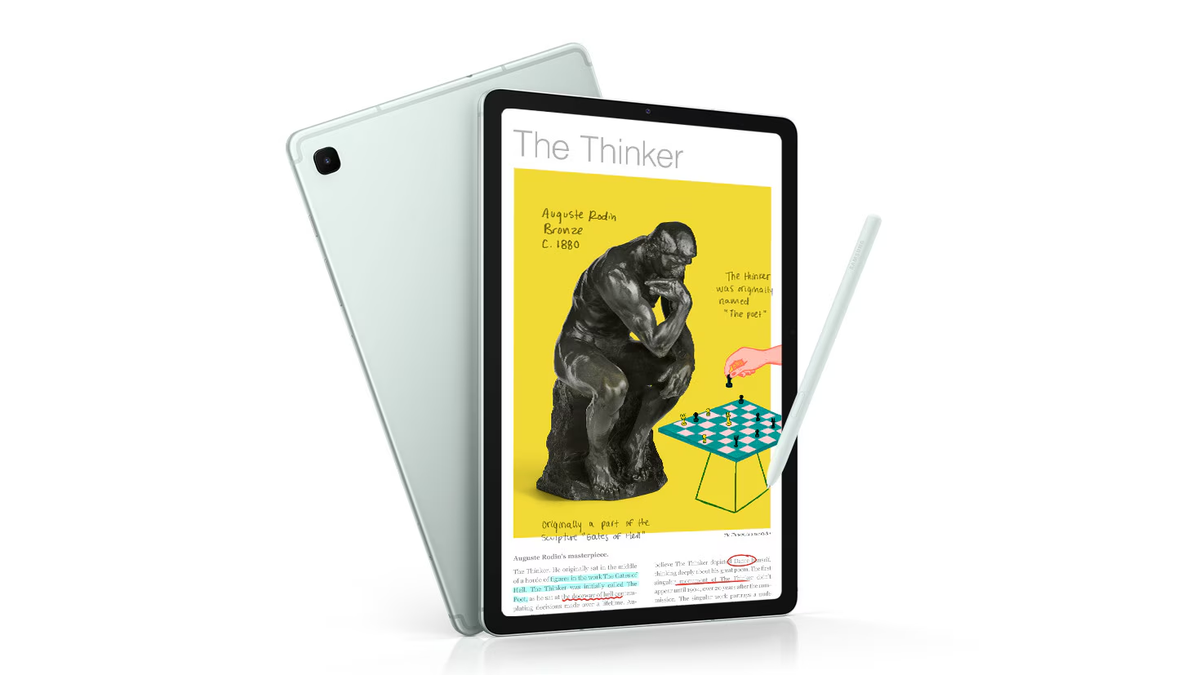
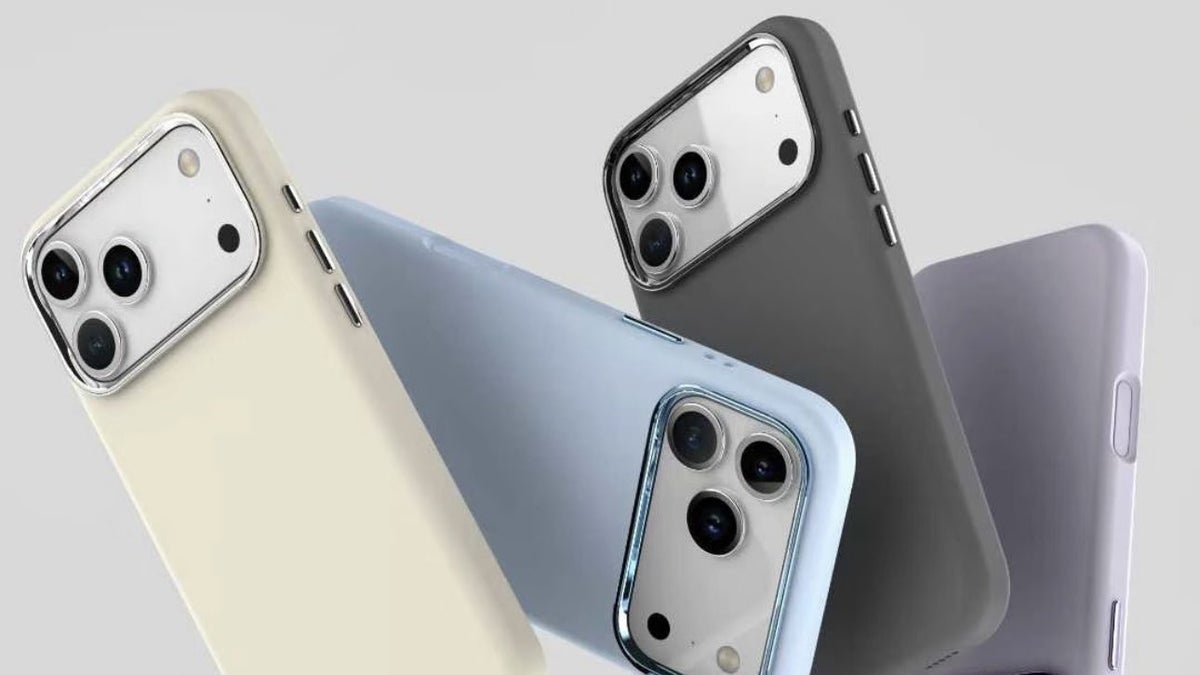

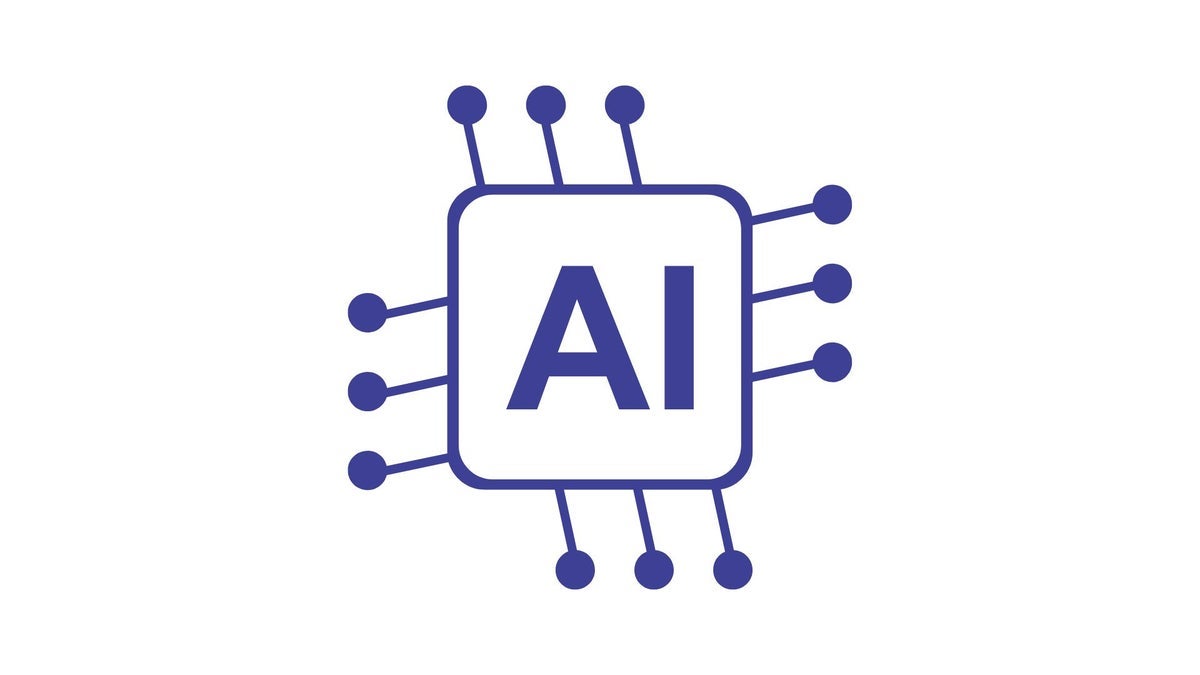




![Gurman: First Foldable iPhone 'Should Be on the Market by 2027' [Updated]](https://images.macrumors.com/t/7O_4ilWjMpNSXf1pIBM37P_dKgU=/2500x/article-new/2025/03/Foldable-iPhone-2023-Feature-Homescreen.jpg)
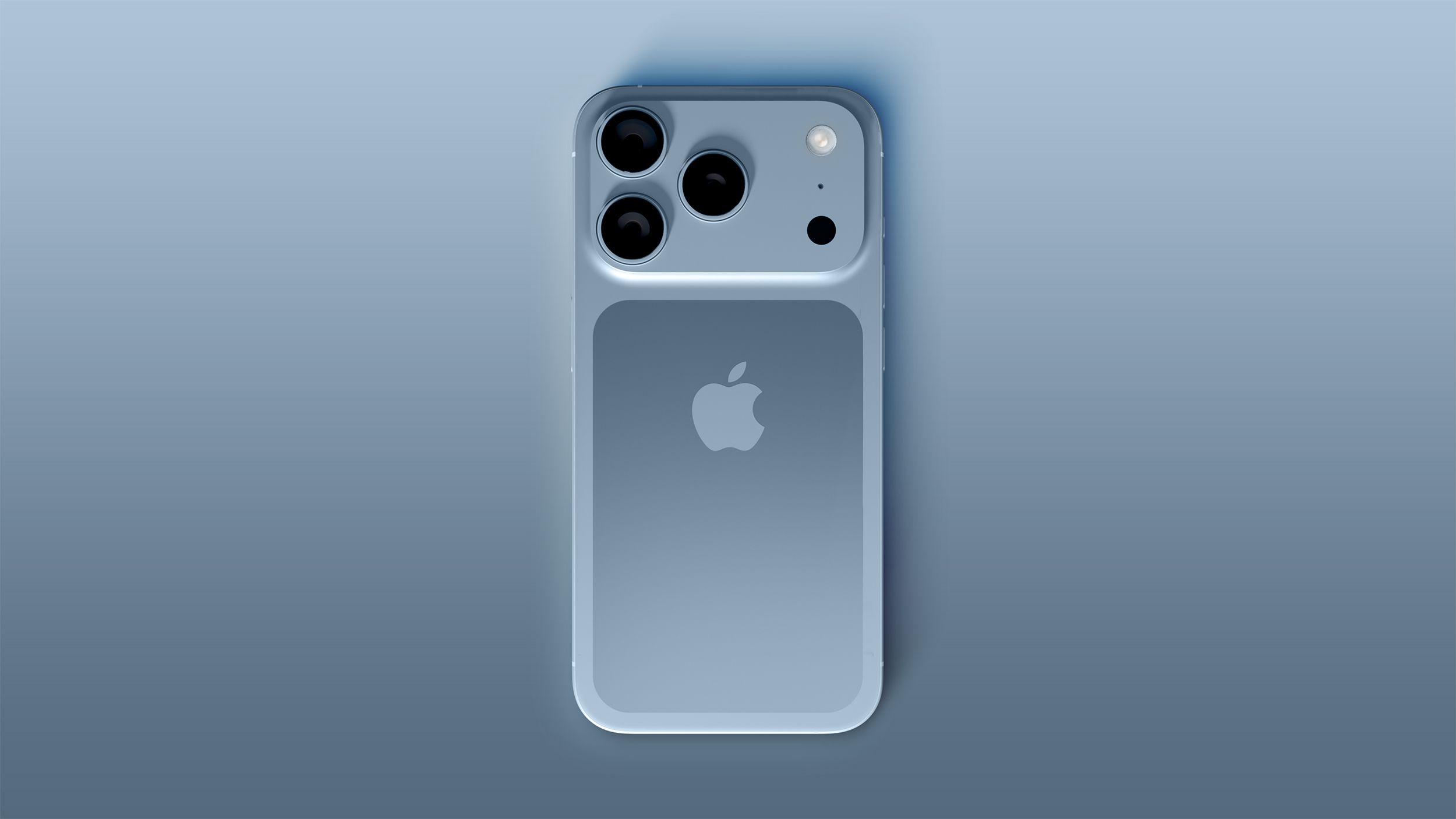






















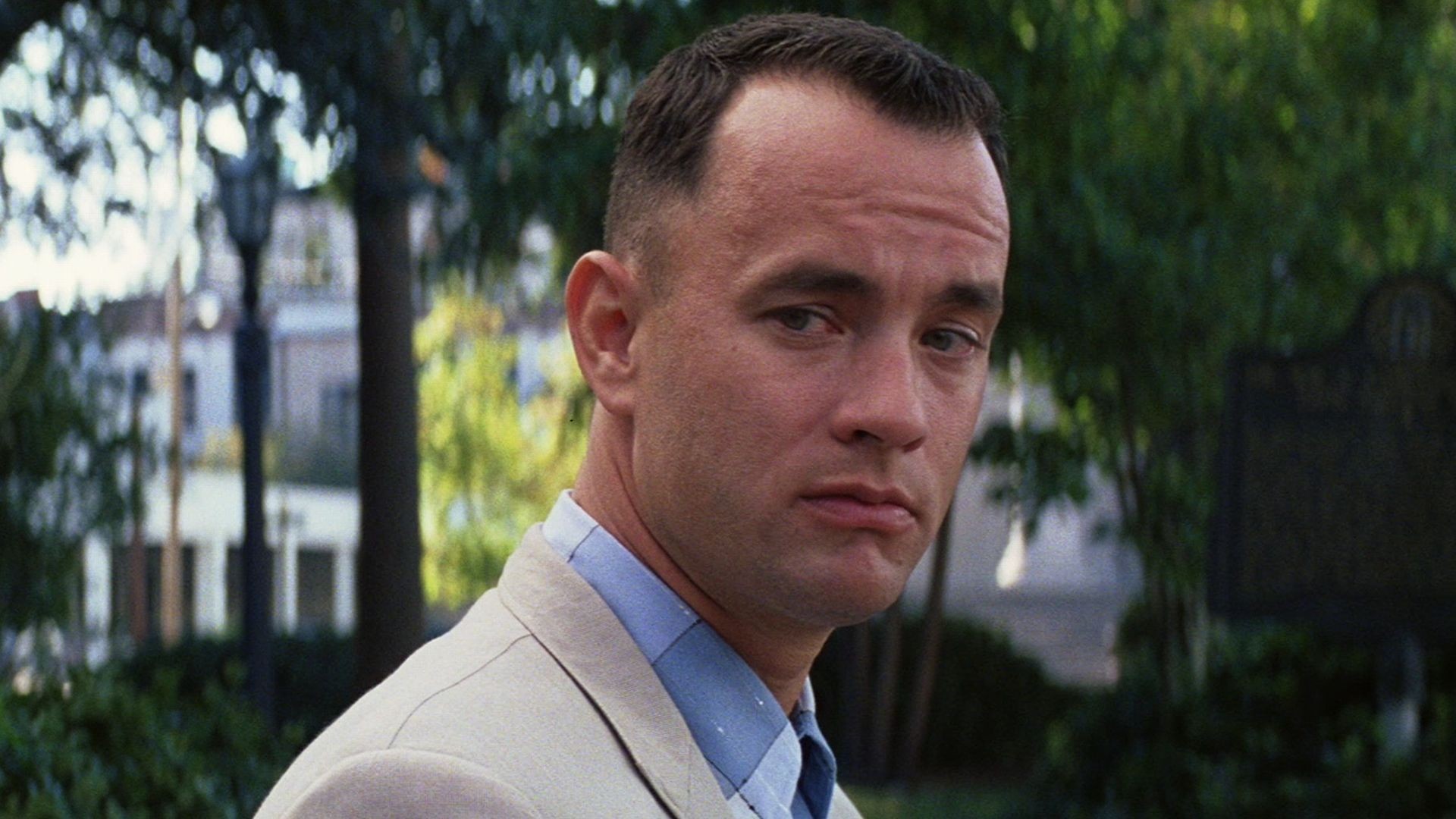





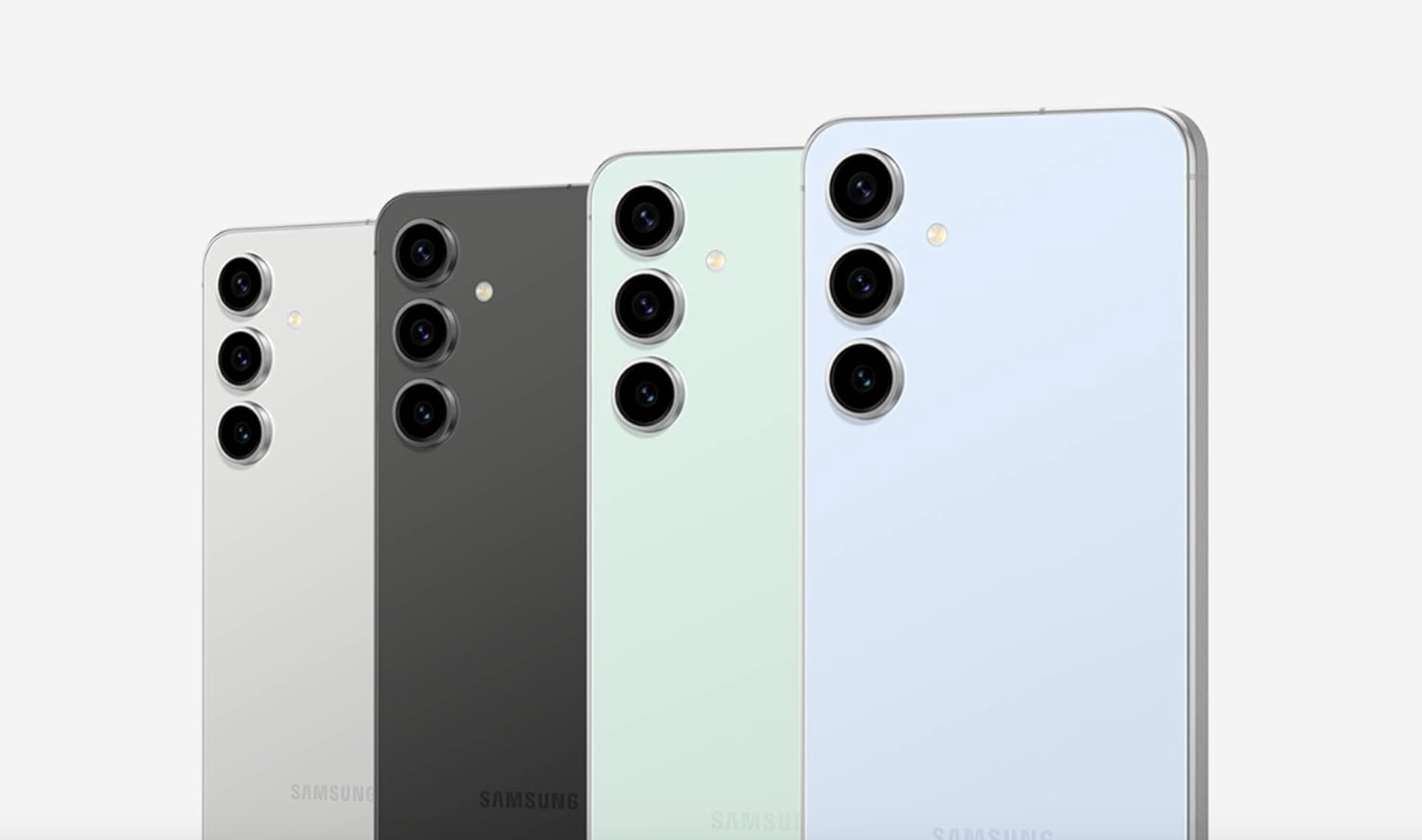












![Apple Shares 'Last Scene' Short Film Shot on iPhone 16 Pro [Video]](https://www.iclarified.com/images/news/97289/97289/97289-640.jpg)
![Apple M4 MacBook Air Hits New All-Time Low of $824 [Deal]](https://www.iclarified.com/images/news/97288/97288/97288-640.jpg)
![An Apple Product Renaissance Is on the Way [Gurman]](https://www.iclarified.com/images/news/97286/97286/97286-640.jpg)
![Apple to Sync Captive Wi-Fi Logins Across iPhone, iPad, and Mac [Report]](https://www.iclarified.com/images/news/97284/97284/97284-640.jpg)
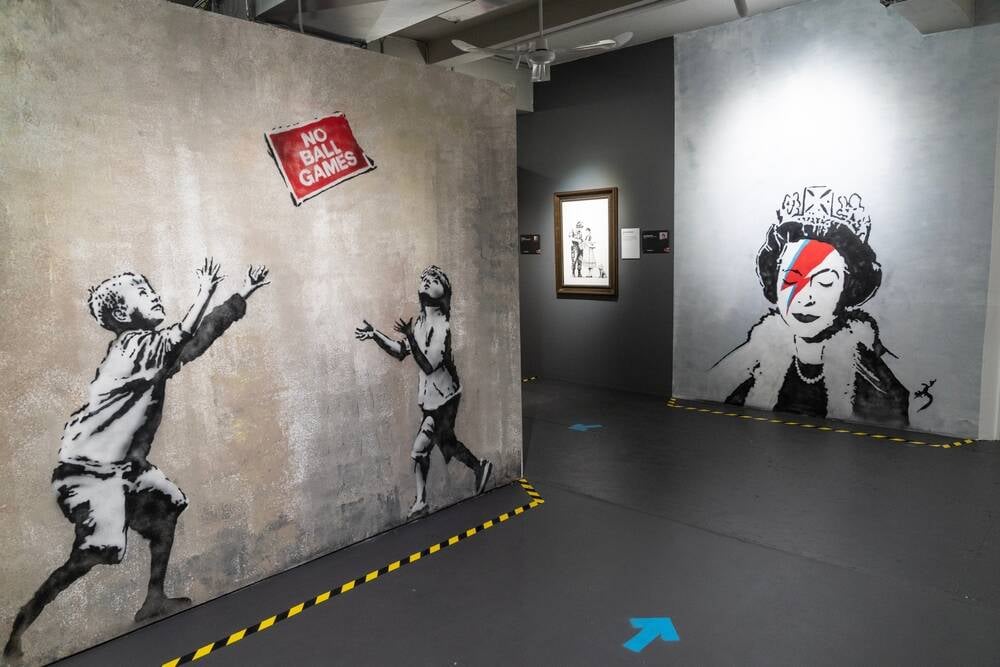












![What Google Messages features are rolling out [May 2025]](https://i0.wp.com/9to5google.com/wp-content/uploads/sites/4/2023/12/google-messages-name-cover.png?resize=1200%2C628&quality=82&strip=all&ssl=1)
![[Fixed] Gemini 2.5 Flash missing file upload for free app users](https://i0.wp.com/9to5google.com/wp-content/uploads/sites/4/2025/03/google-gemini-workspace-1.jpg?resize=1200%2C628&quality=82&strip=all&ssl=1)





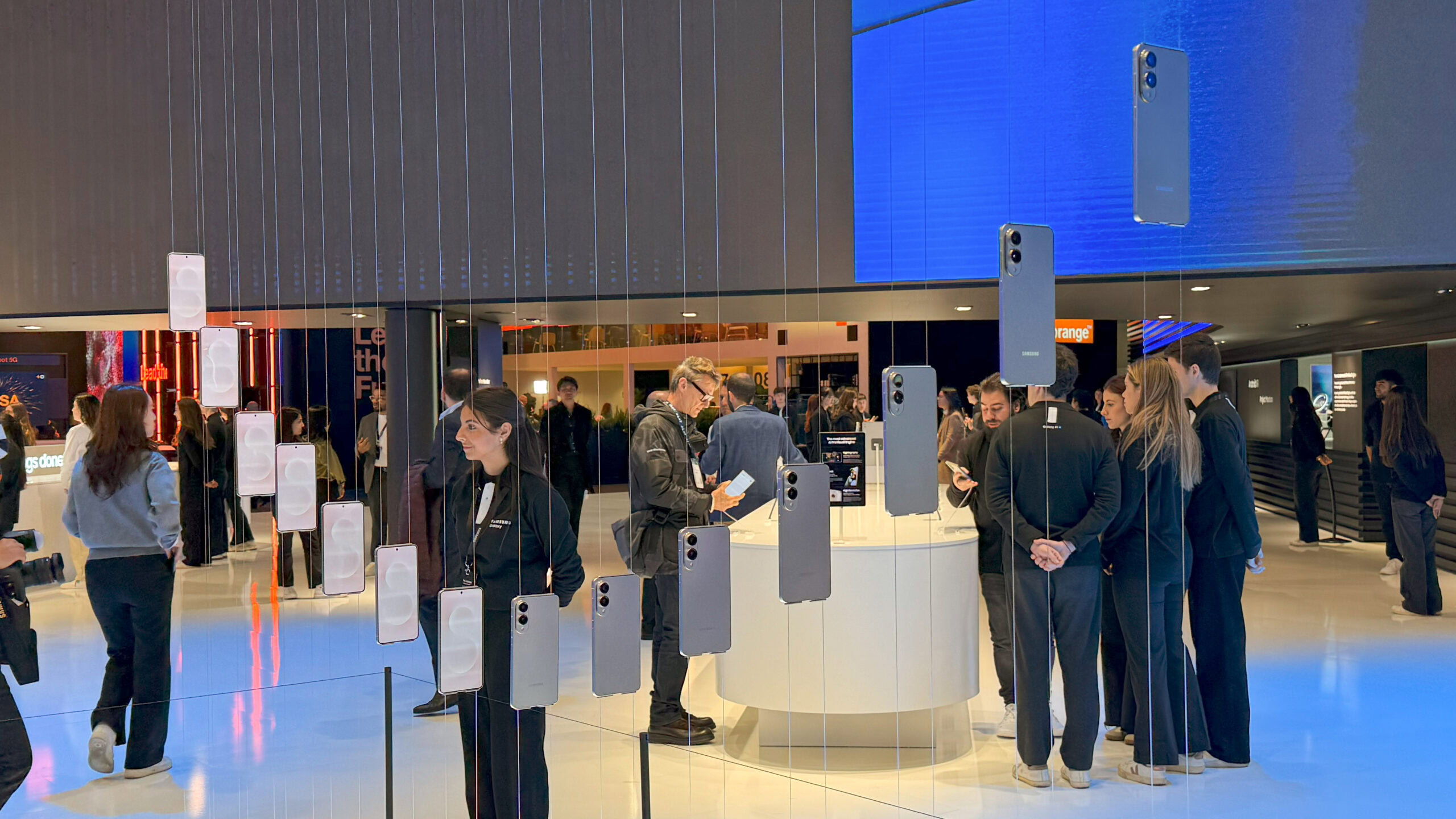
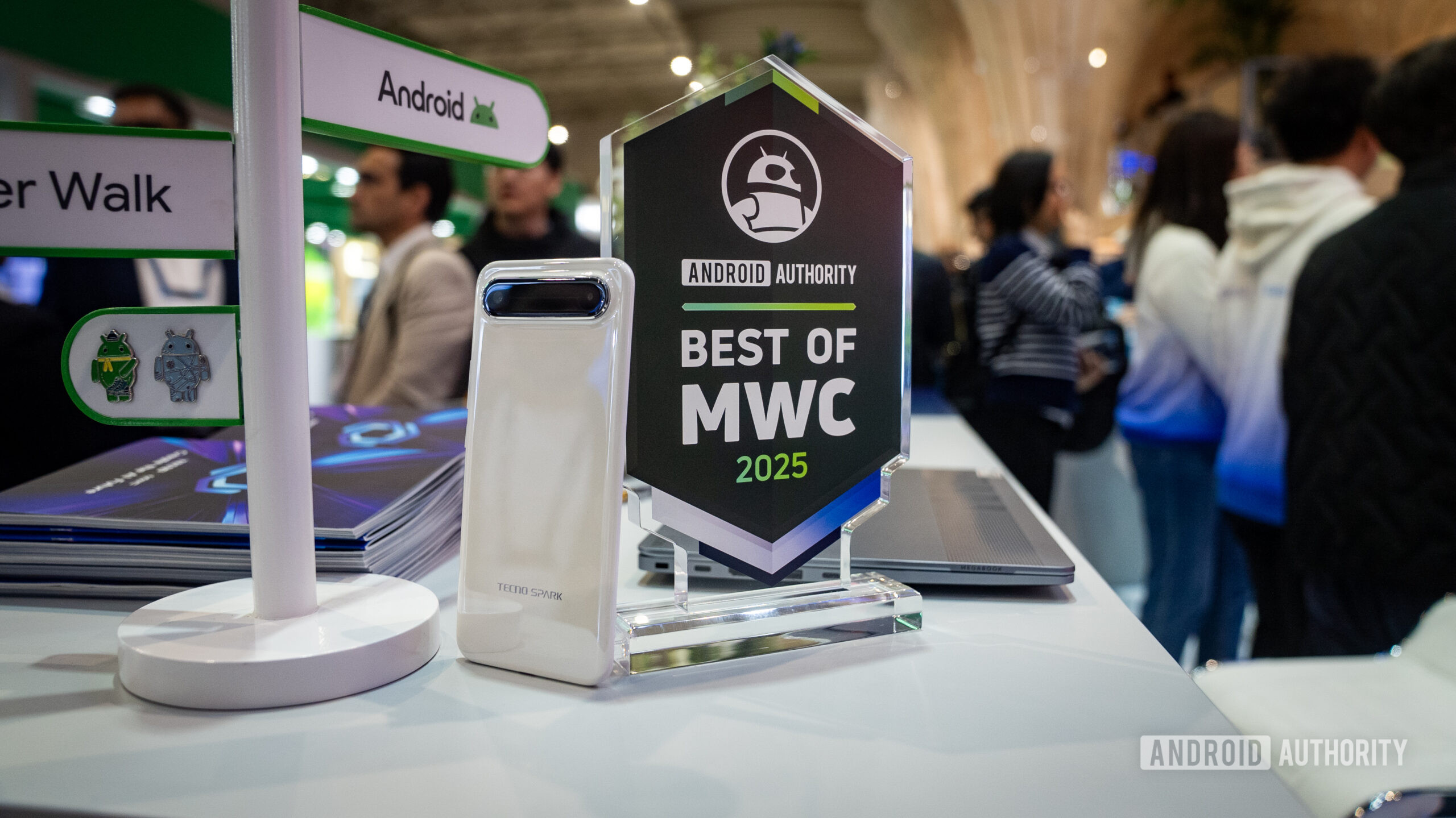

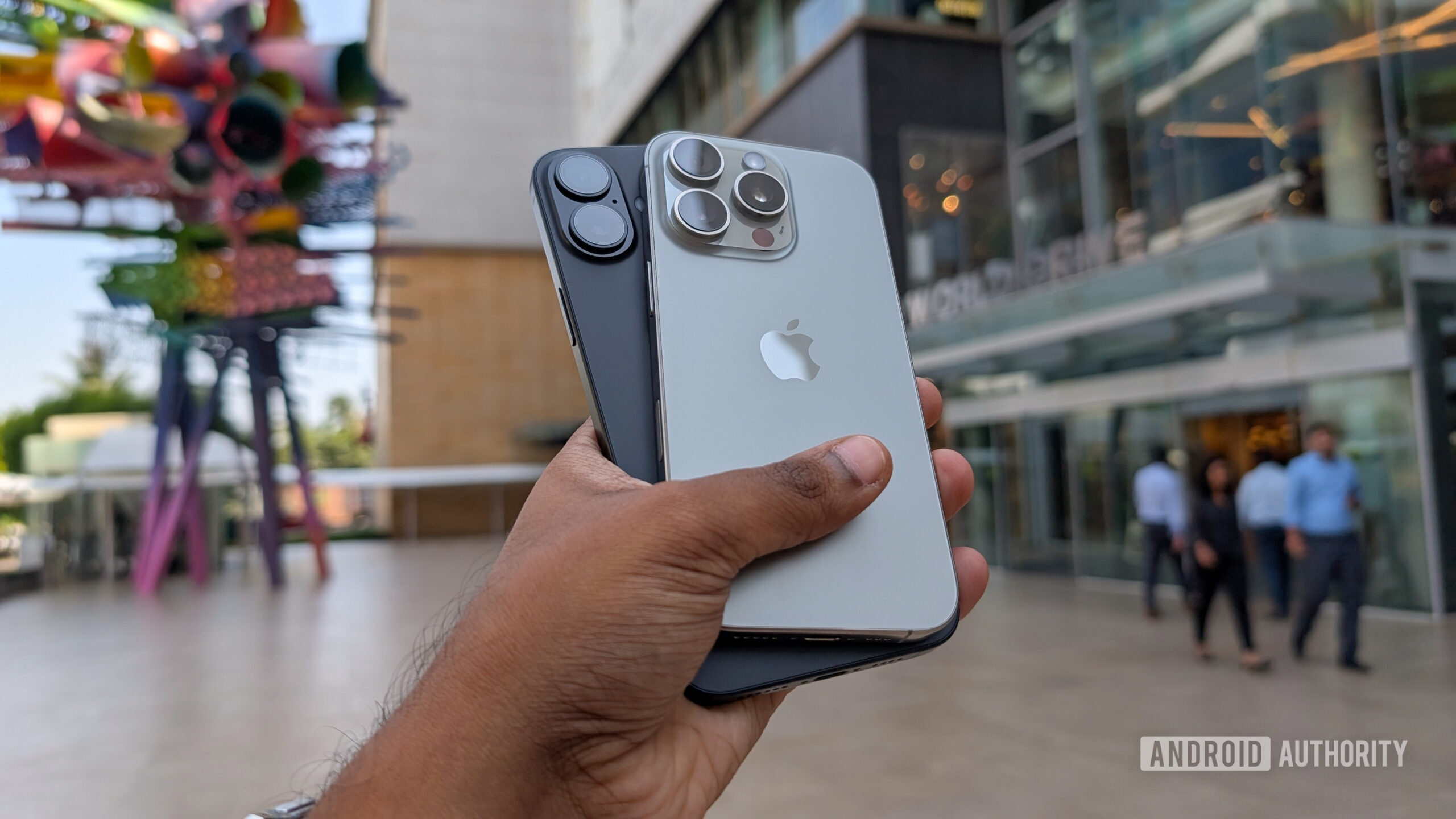

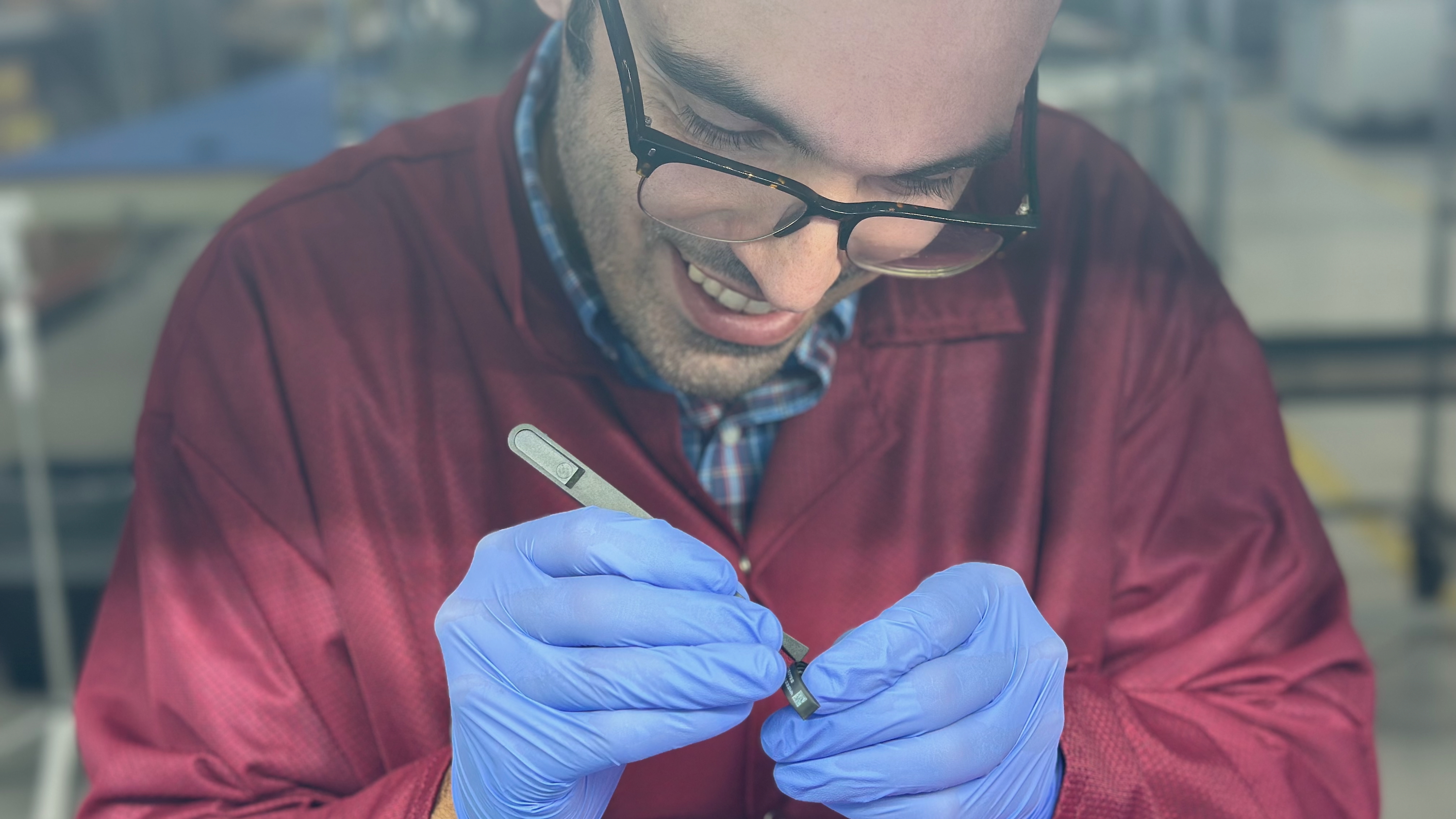
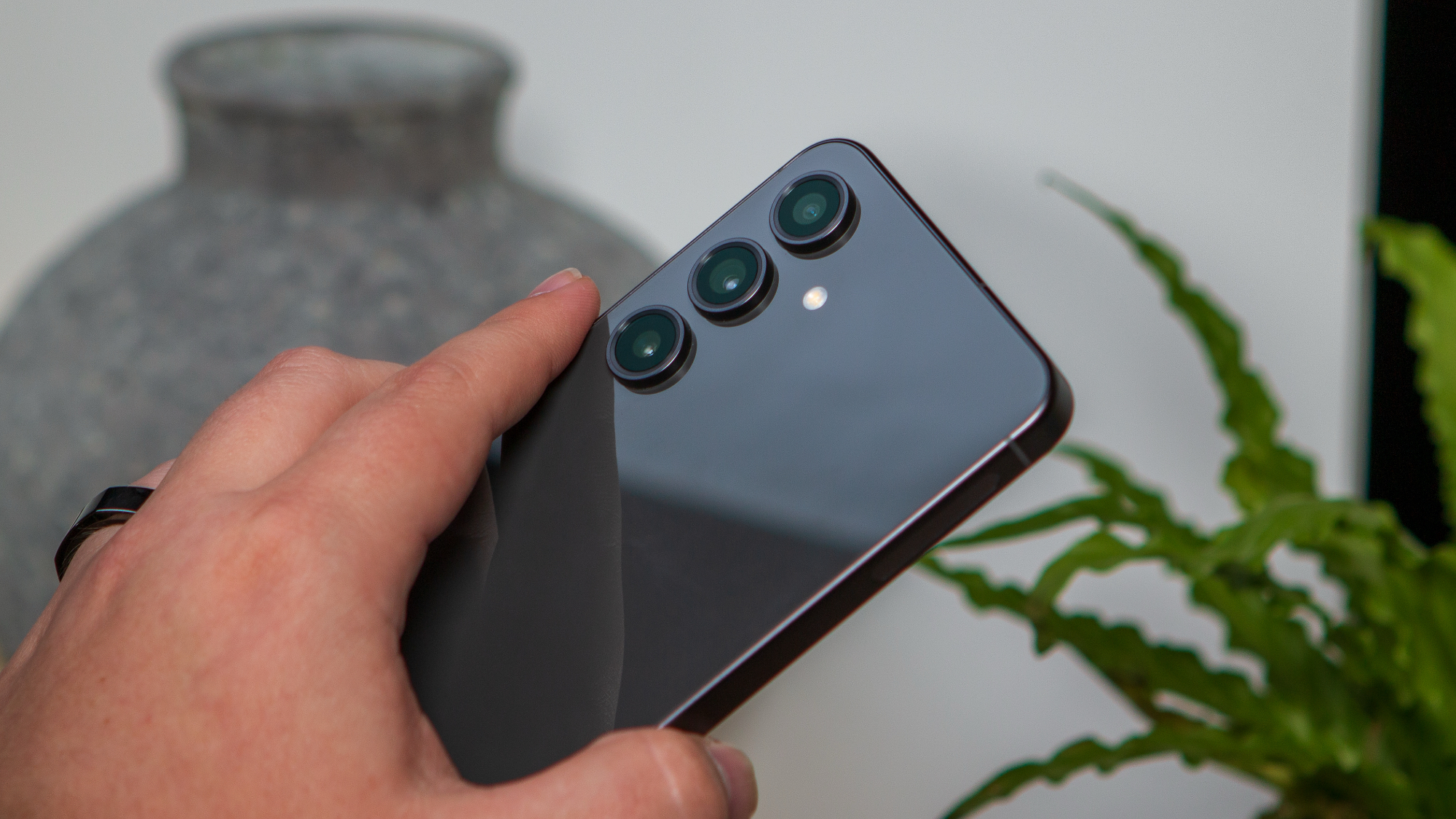
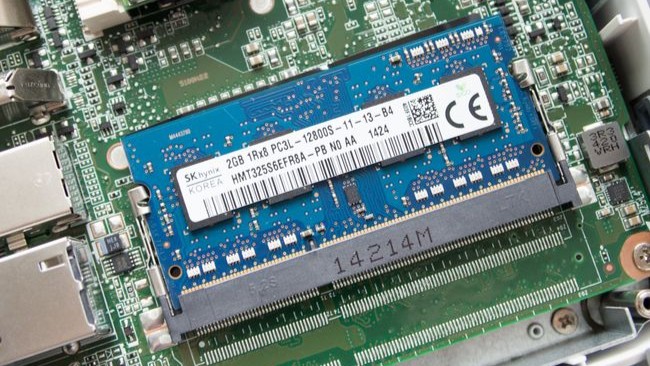





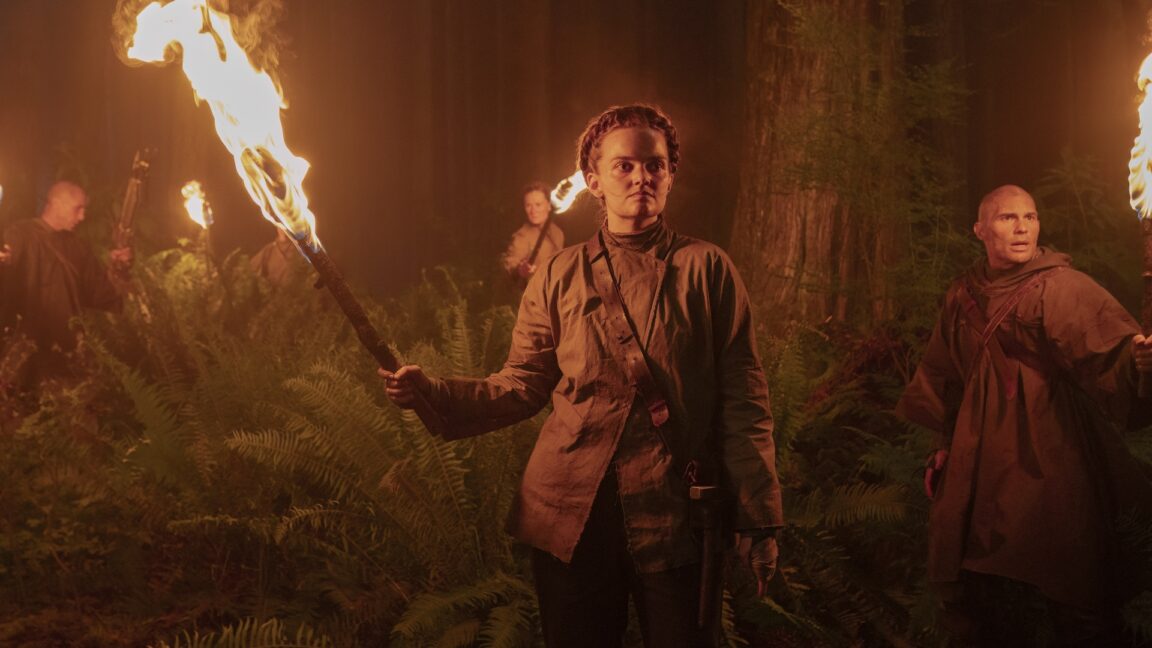

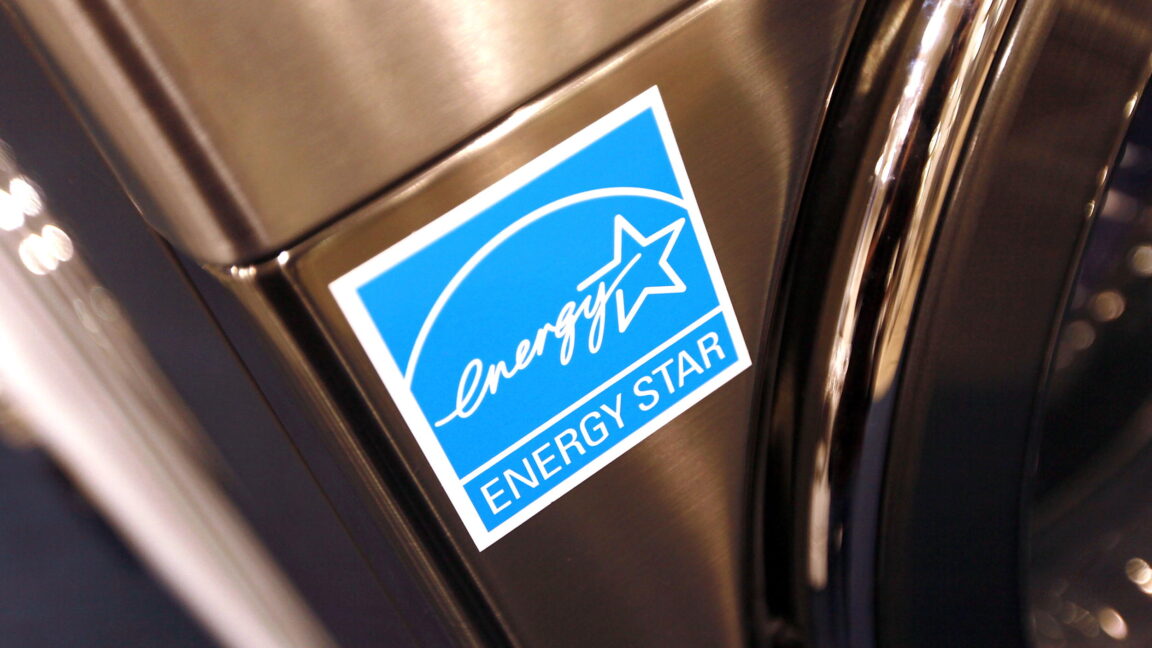
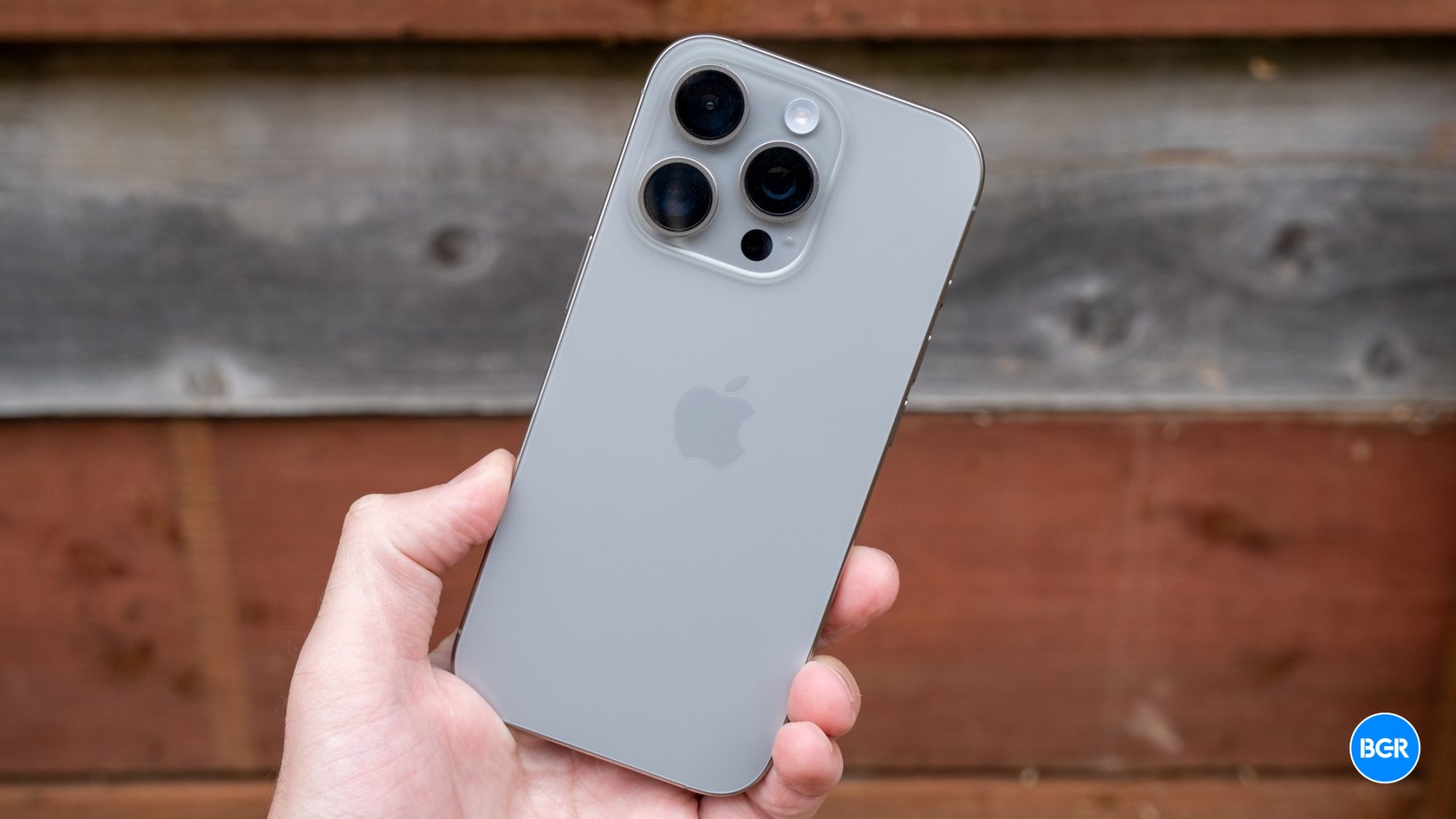
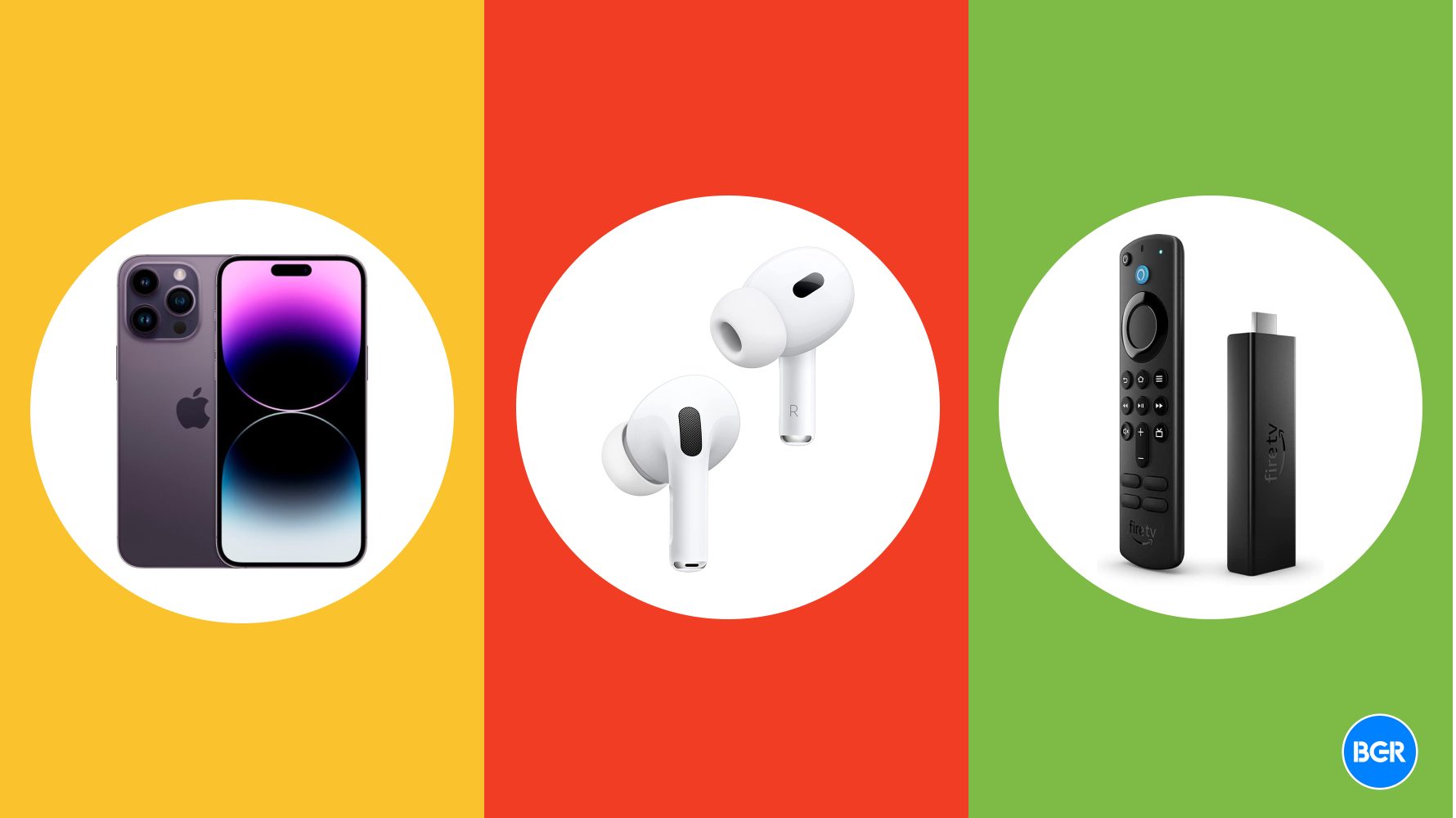
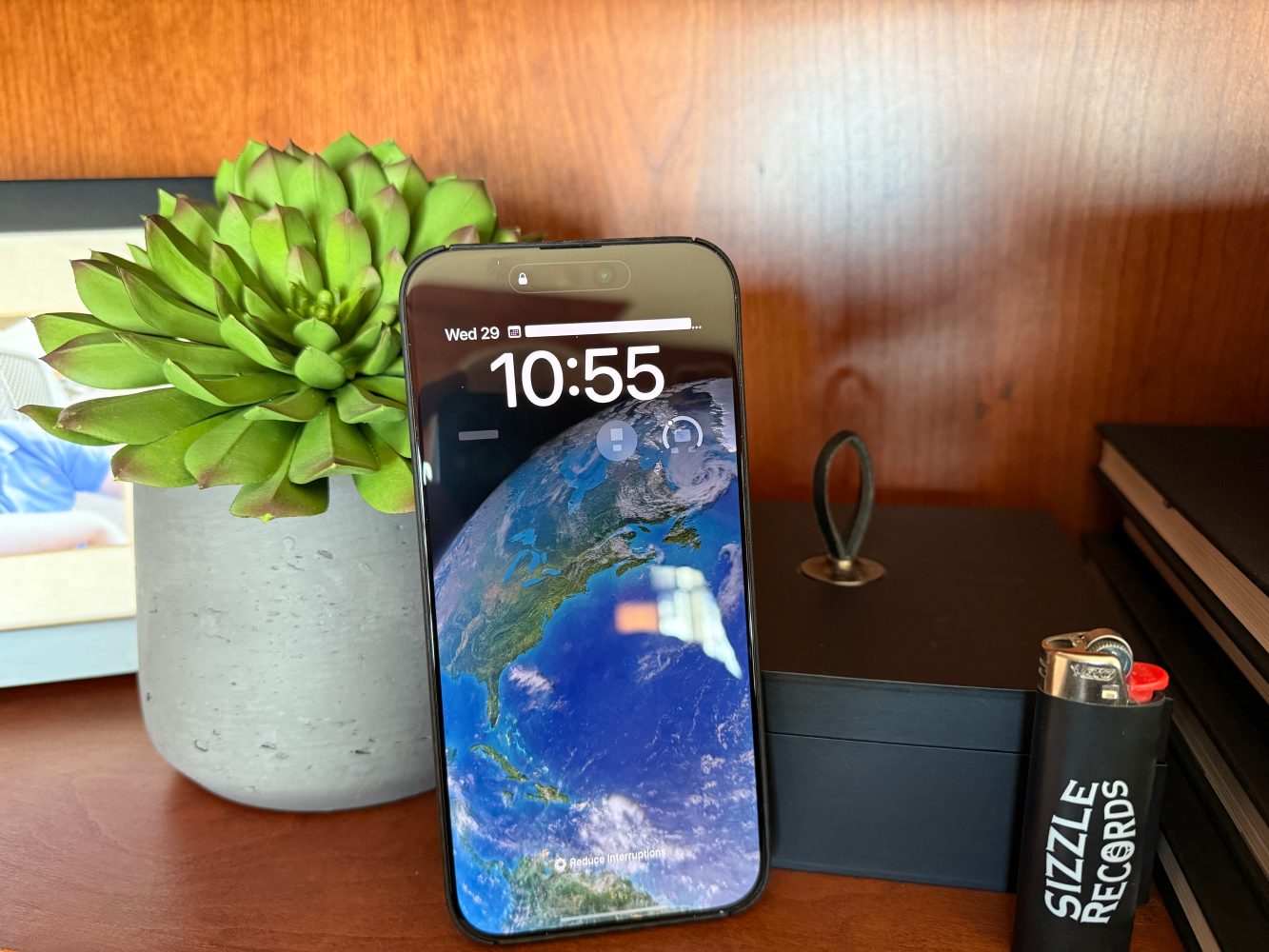


































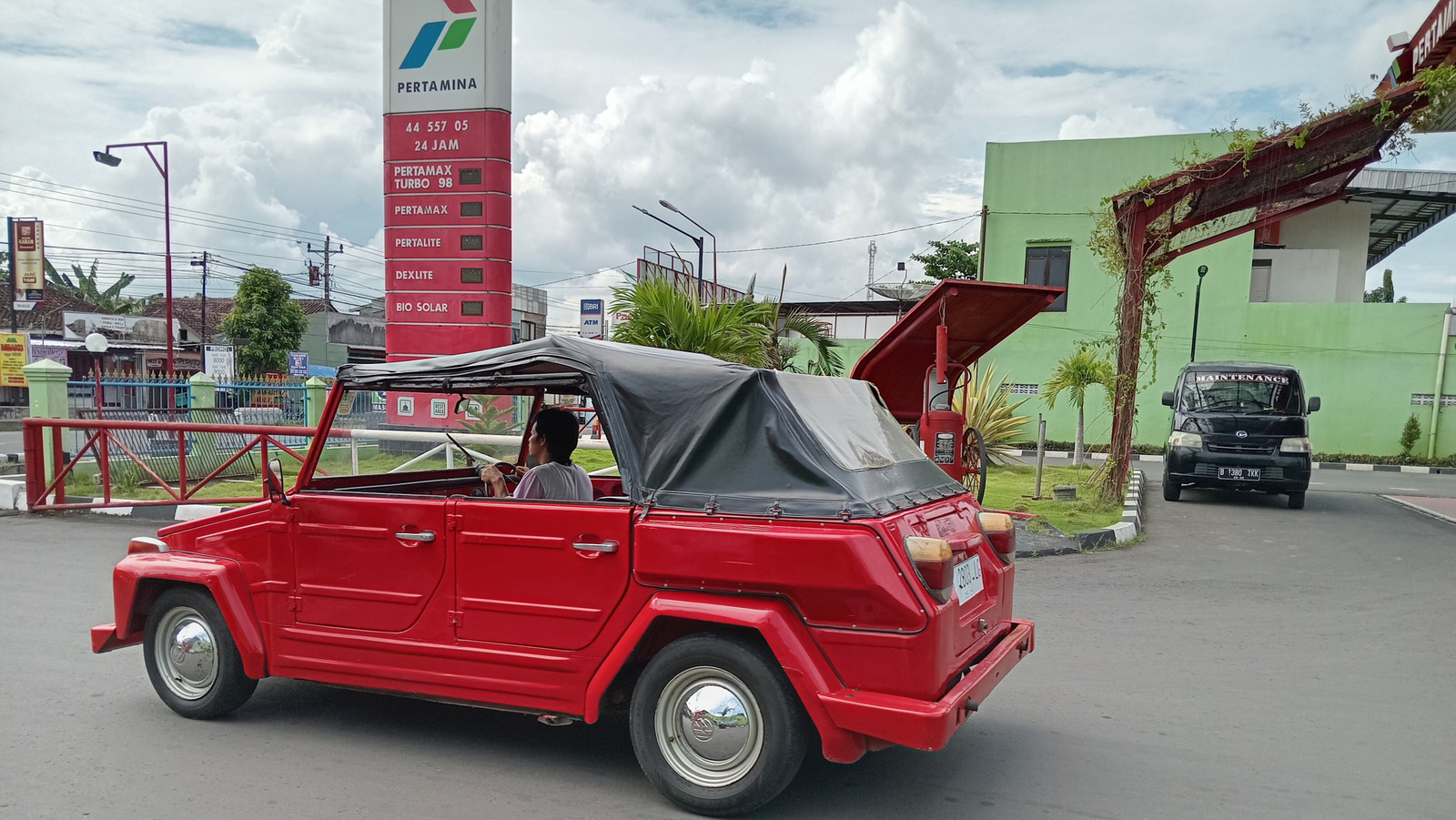

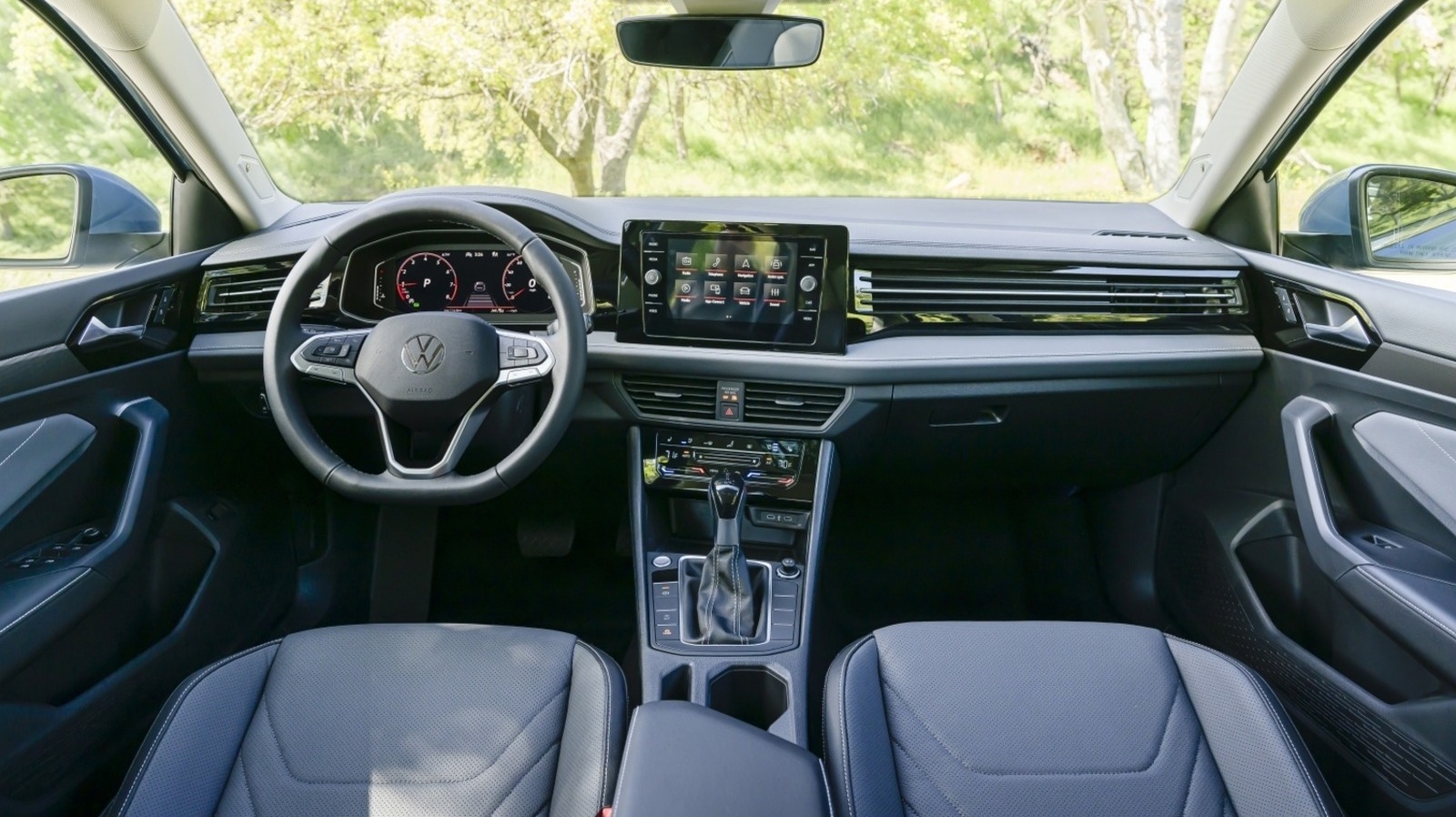




































































































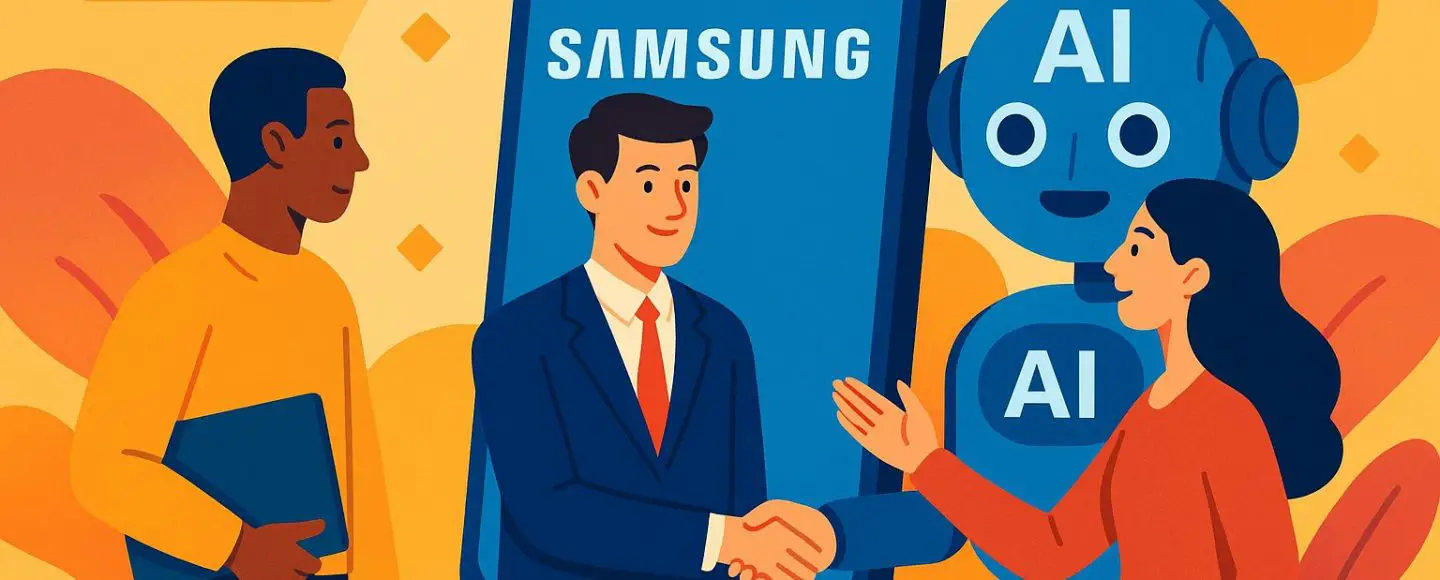
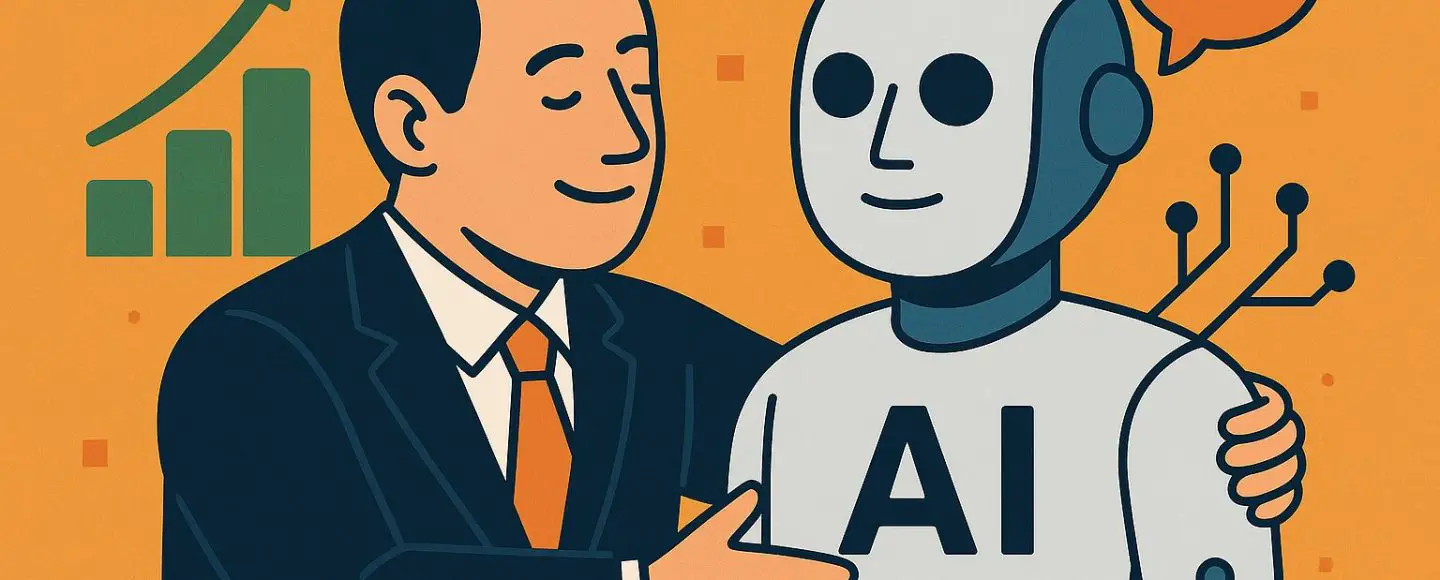










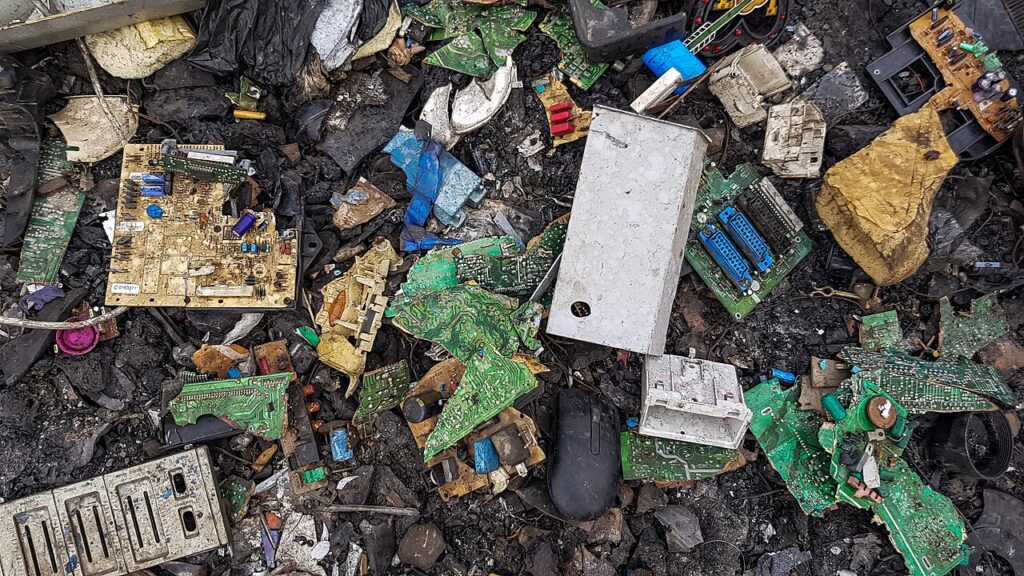








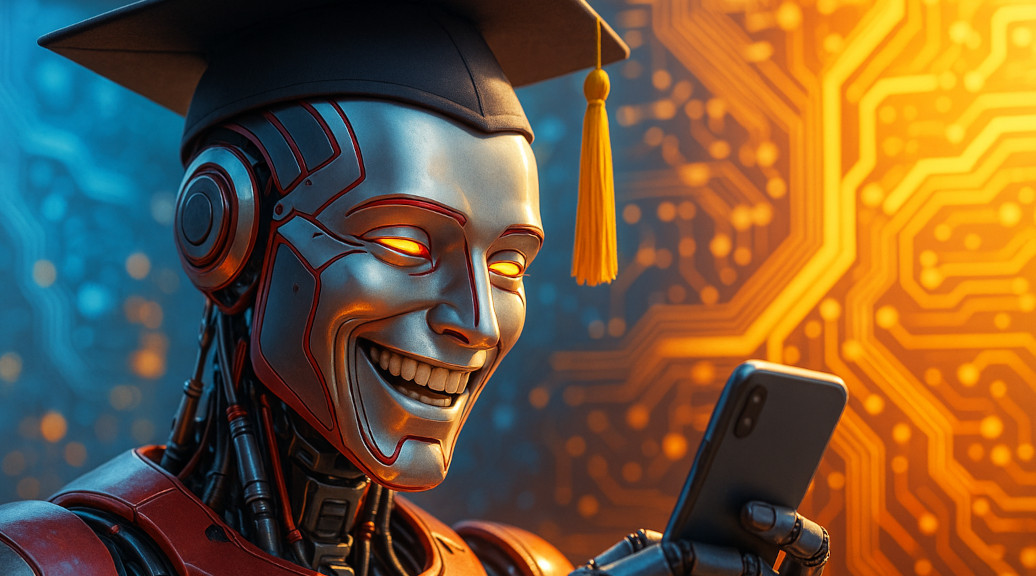




















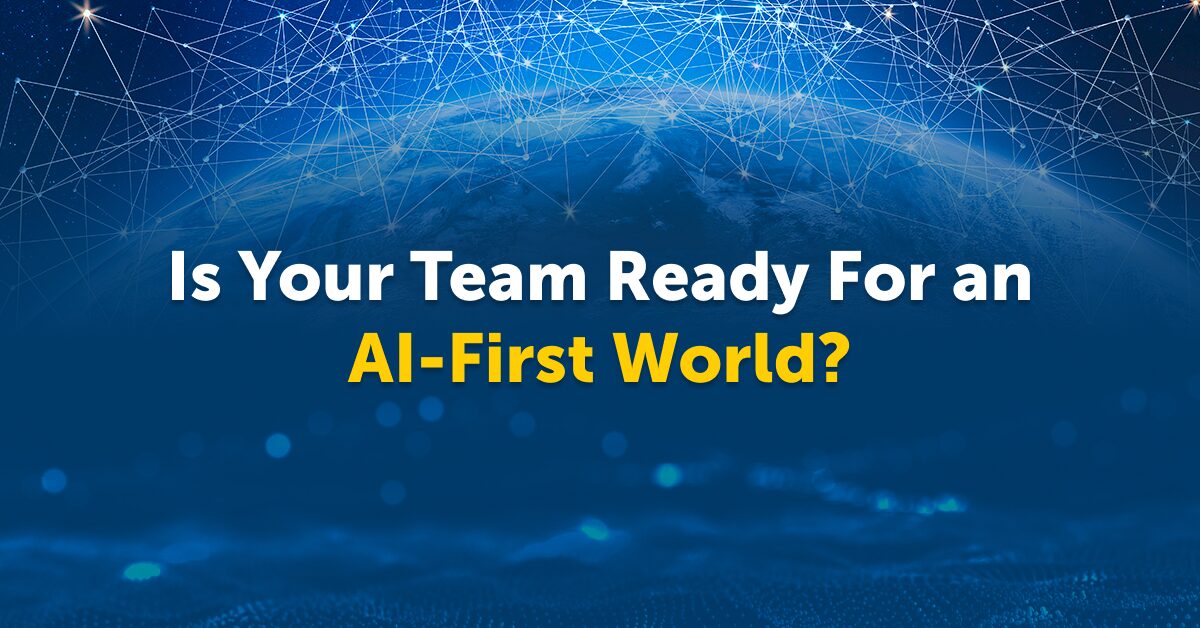



























































































































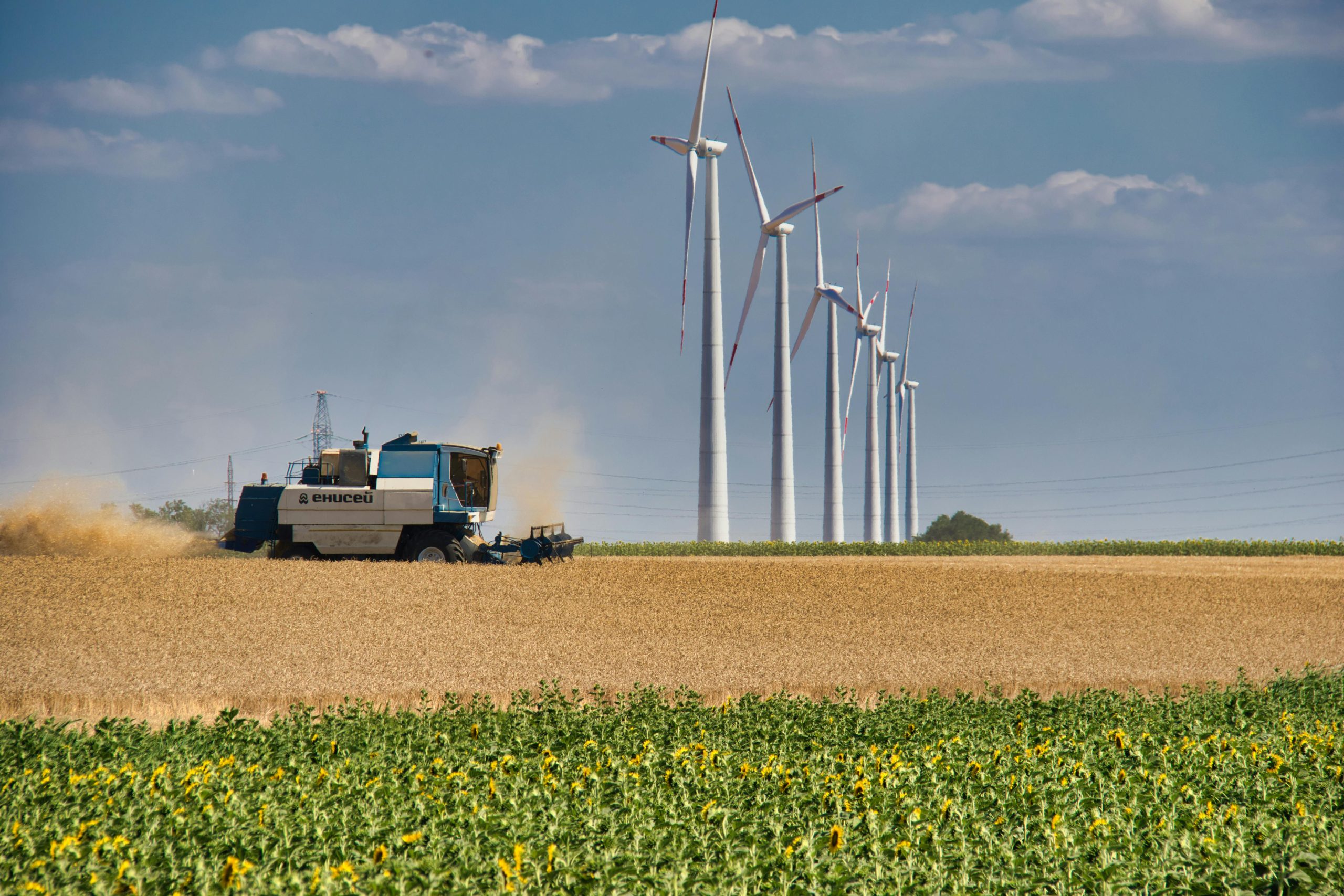


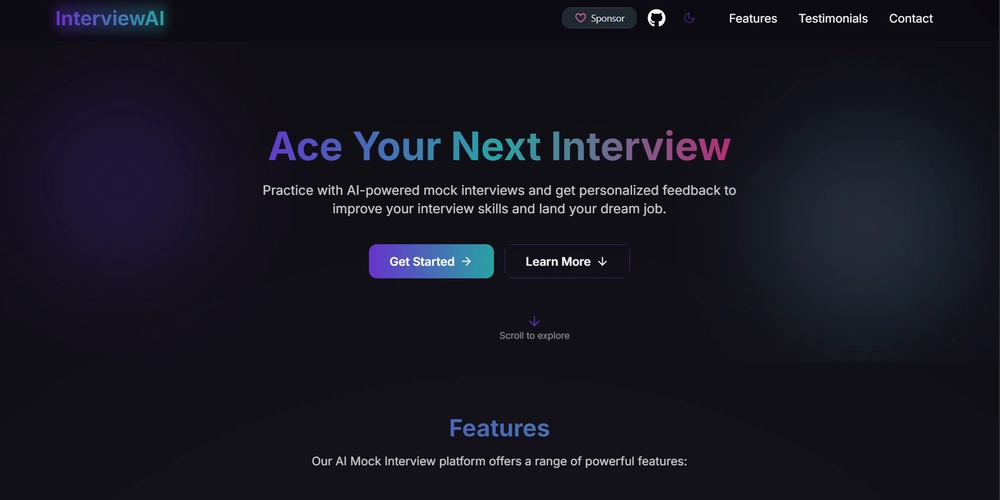


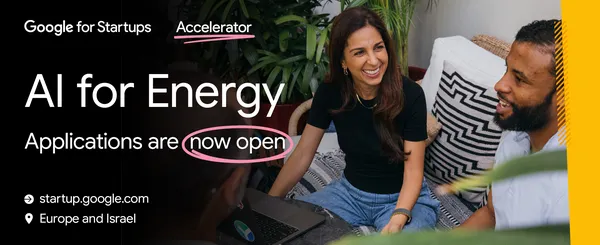



















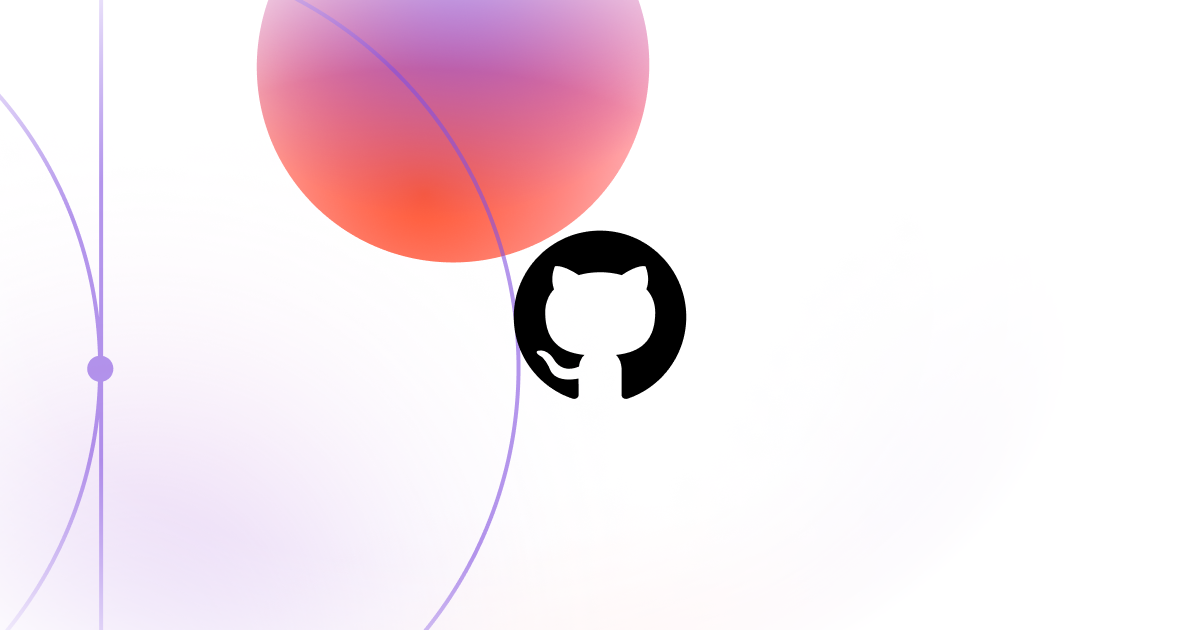





















![Ditching a Microsoft Job to Enter Startup Purgatory with Lonewolf Engineer Sam Crombie [Podcast #171]](https://cdn.hashnode.com/res/hashnode/image/upload/v1746753508177/0cd57f66-fdb0-4972-b285-1443a7db39fc.png?#)





![[DEALS] Internxt Cloud Storage Lifetime Subscription: 10TB Plan (88% off) & Other Deals Up To 98% Off – Offers End Soon!](https://www.javacodegeeks.com/wp-content/uploads/2012/12/jcg-logo.jpg)











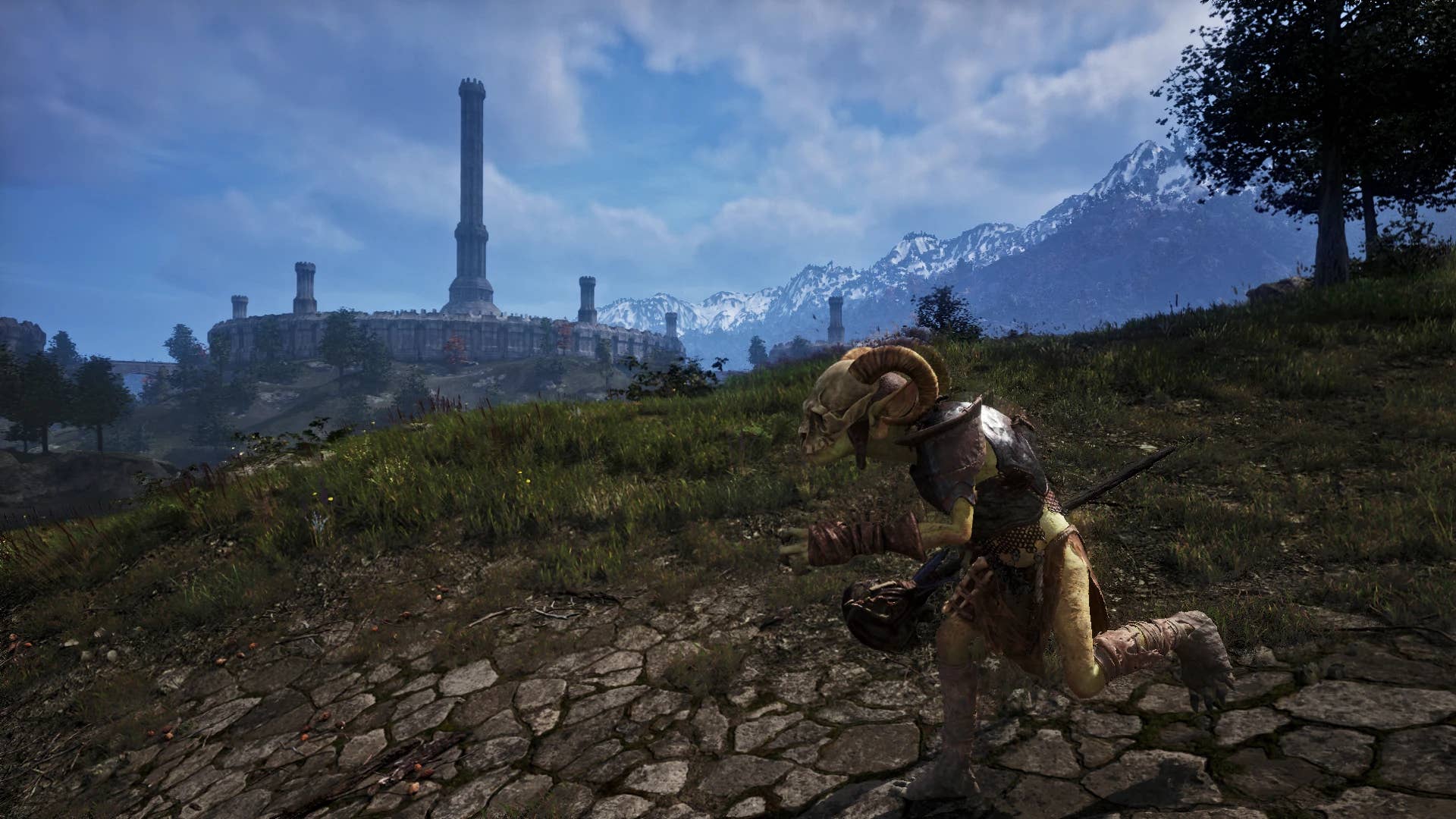
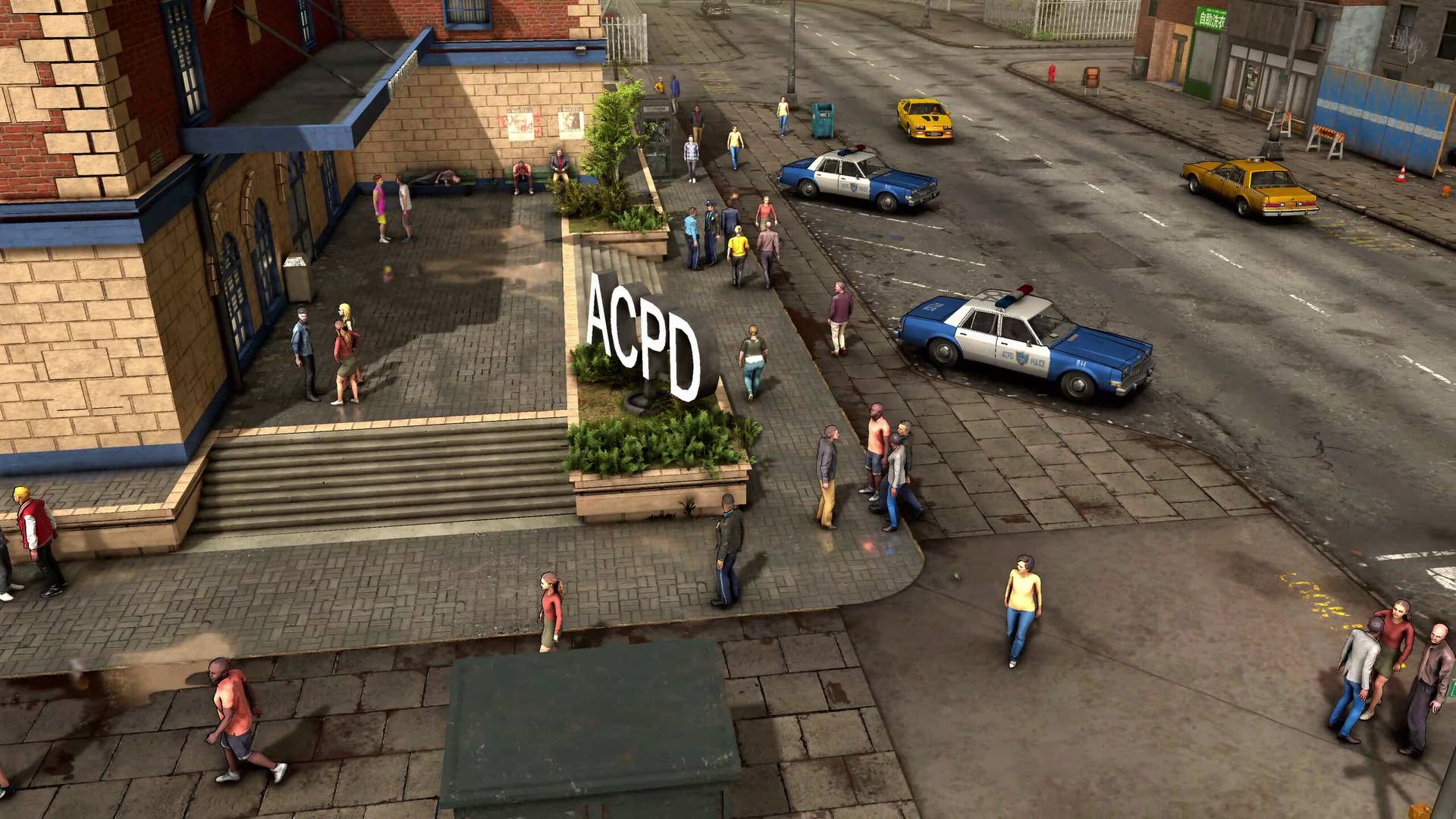







-Tony-Hawk's™-Pro-Skater™-3-+-4-Reveal-Trailer-00-00-27.png?width=1920&height=1920&fit=bounds&quality=70&format=jpg&auto=webp#)

.png?width=1920&height=1920&fit=bounds&quality=70&format=jpg&auto=webp#)

